Crosshatch’s The Whole Field is a biweekly (meaning roughly every other week) human-written newsletter. You can sign up on our homepage to receive it regularly. We aim to provide engaging, thought-provoking content that’s worth your time.
We also envision this best as a collaborative work. If you have any suggestions, leads, questions, or feedback, please let us know through the form at the bottom of this page.
Volume 4 (2025)
Volume 3 (2024)
In This Issue: A Little Less Industrious—Working With What’s Already Here
In This Issue: Diversity and Growth: The MSU Edible Forest Garden, Student Organic Farm and Training Program
In This Issue: A Micro-Review of People of the Dune
In This Issue: an excerpt from Pausing to Consider — A Long Memory Experience
In This Issue: An excerpt from A Way In
In This Issue: Empowerment through Food Knowledge: Strawbale Gardening with Darylin Berryman
In This Issue: Ripples that Lead the Healing of this World From Here/ Common Ground Panel Q&A
In This Issue: an excerpt from The Removal of Hands
In This Issue: A Natural Progression: Small-Scale CSA Farming with Adrienne Wolff of Buckwheat's Market Garden.
In This Issue: How To Save Europe's Farmers?
In This Issue: Embeddedness, Part Two—An Example. Gaza, Limits, and Showing Up.
In This Issue: Embeddedness, Part One—A Primer. Staying in Place, "Relationships Good Enough to Trust," and Ecological Pain.
In This Issue: Food Sovereignty in an Urban Context—Keep Growing Detroit
In This Issue: Possibility Without Conclusion, An Interview with a Traverse-City Based Chestnut Farming Poet
Volume 2 (2023)
In This Issue: The End of the Year: A Video from Hatchquarters, 2023
In This Issue: “Echoes and Time and Space” and more
In This Issue: “Messianism and Folk Culture” and more
In This Issue: Ongoing conversation about the 10,000 stories, and belonging, and why it all matters.
In This Issue: “What Am I Supposed To Do With This?” and more
In This Issue: The Essential Land-Based Project, and more
In This Issue: The Carbon Cohort, Coffee Cultivars, Curation, and Closure.
In This Issue: Describing the myriad mundane ways we fail each other, and how we can do better.
In This Issue: Efficiency, relationship, and the care and eating of animals.
In This Issue: The landscape is filled with stories. I'm aching to hear them. Part 2 of a series on shifting our culture toward ecological ways of being in the world, by Brad Kik.
In This Issue: What is a land based project and why do I want in? Part 1 of a series on shifting our culture toward ecological ways of being in the world, by Brad Kik.
In This Issue: The Best Tool for Soil Health, Honoring Roadkill, Rufus Snoddy, and the Father of the Green Revolution.
In This Issue: The Farm Bill, A Virtual Workshop Teaser, “To Be Of Use,” and Incrementalism.
In This Issue: What is Round Pole Framing and What Does It Have To Do With the Monetary Economy? "The Tracker," Chokecherries, and more.
In This Issue: The Amish, Ramps and Foraging, and the Indigenous Food Sovereignty Symposium.
In This Issue: Brad Kik shares the origin story of the new Crosshatch performance space The Alluvion, which has its roots in an older Crosshatch program. Further reflections on the role of art and artists fill the Warp, and of course a calendar of great May events fills the Weft! Read on!
In This Issue: Wild Blue Yonder, Woodcock, Integrated Systems and Legacy, and Land Back.
In This Issue: A Q&A with Jamie John, The Alluvion, and Land Back.
In This Issue: A tribute to Randy Bond via Poetry and the Long Memory Project, Civil Disobedience, and Citizenship.
In This Issue: Maple Tapping, Sour Sap, Good Design, and Seed Swapping.
In This Issue: Data Centers, Practices, Home Renovation, and Cities.
In This Issue: Mining/Data, Lithium in Bolivia/Nevada, New Era Detroit, and Revitalize or Die.
In This Issue: Resourcefulness, Lagoon Crawlers, and Deep Bedding.
In This Issue: Practices of Renewal, Care, What’s Possible, and Post-Industrial Art
Volume 1 (2022)
In This Issue: Artists, Funding and Policy.
In This Issue: The Food Sovereignty Symposium, Peace Pipeline, Cold Houses and Reading Books.
In This Issue: Winter Pruning, Thanksgiving, “Enough”, the Growth Economy, and Sacred Profane.
In This Issue: four short quotes for election day
In This Issue: our first guest essayist makes a case for radical honesty.
In This Issue: Tori Amos, Mid-90’s CD stores, a mercifully brief digression into eyebrow hairs, queering role-playing games, disability stuff
In This Issue: Smoked Beer, Alaskan Farming, Facilitated Conversation, Marxist Degrowth, and Patagonia.
In This Issue: Michigan Worm Works, Starting a Small Business, Rural Creative Placemaking, and Real Organic.
In This Issue: Coppicing, Right-to-repair, Marbleseed, and Hedgerows.
In This issue… David Coveyou's Geothermal Tour, Russian Natural Gas, Jean Pain’s Alternative Energy System, and “The Particularities of Place.”
In This Issue: Brad writes about his inspiration for the title of this newsletter—the poem There Were No Mirrors in That Farmhouse by Molly Bashaw.
In This Issue: Plastic, Community, Recycling, Housing
In This Issue: Arrowhill Farm, Site Fertility, Old-Time Music, Great Lakes/Line 5
Greetings reader. At the time of writing, these past couple days have brought along a string of difficulties–our single car is out of commission, sleepless nights, and more that I won’t detail. An upside: times like these push us to consider, “Is there a better way?” Asking that question led me to the reflections in this volume’s essay, and the Warp explores other applications such as ways of doing things better in society, working with our hands, and curating our words.
This second issue of The Whole Field continues our focus on Benzie County farms, with Bernie Ware musing on mushroom enterprises, the goal of beginning an old-growth forest, and what it means to live and die well in place. Watch the video—a poetic, philosophical 20-minute conversation and farm tour of Ware Far(m).
In this inaugural volume we briefly consider the role of technology in our lives and work; first with a report of a rancher with a make-do philosophy, and then with some consideration of the techno-utopia—can we engineer our way to a better future?
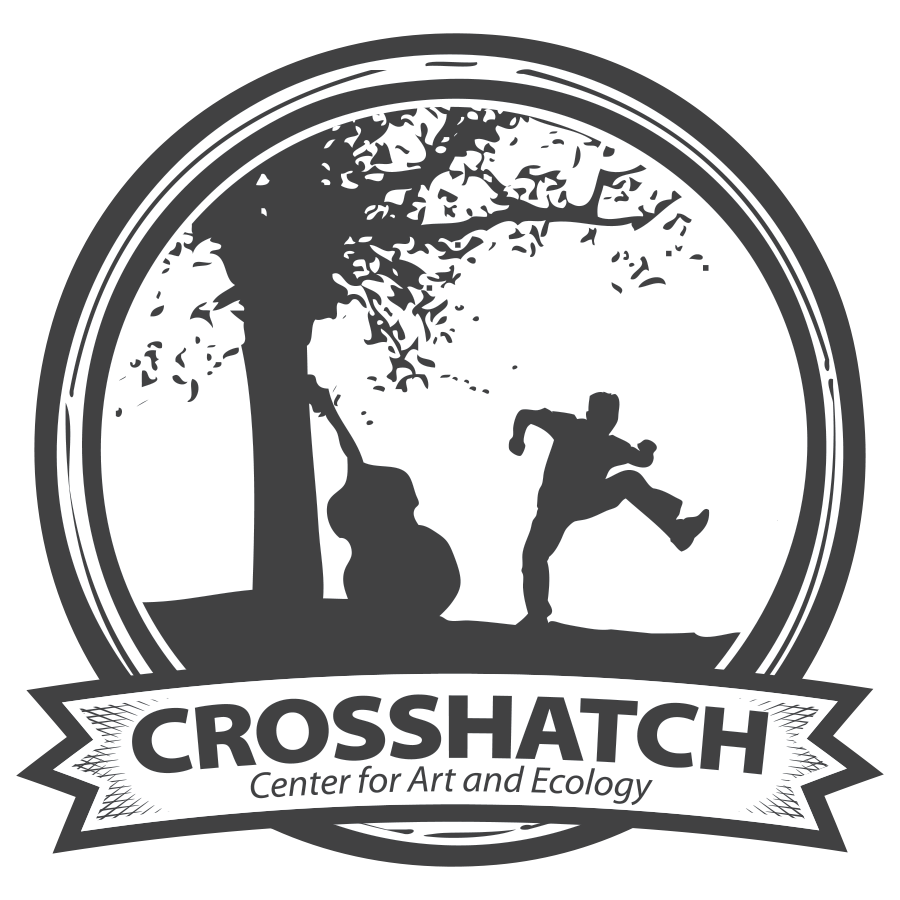
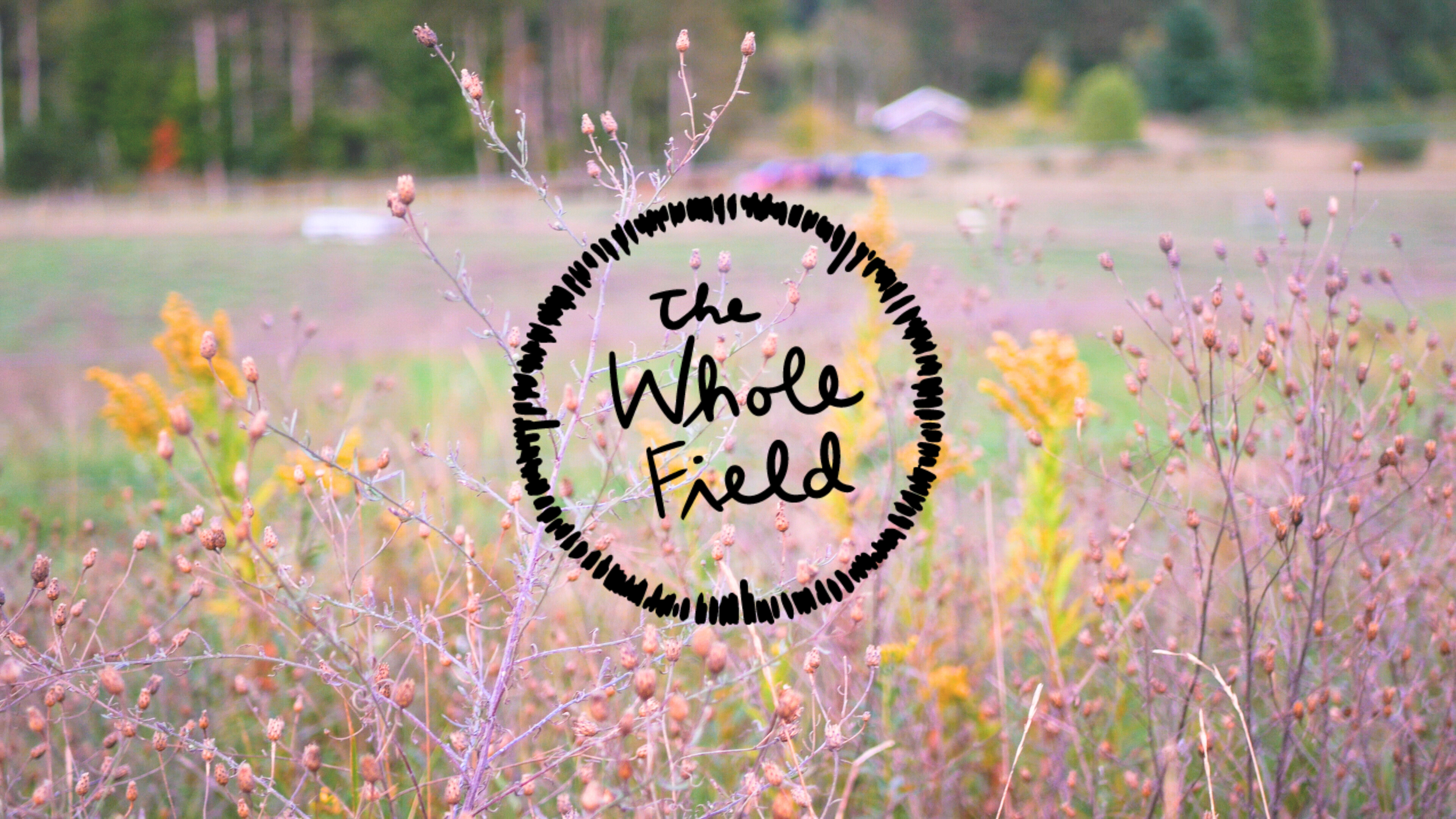
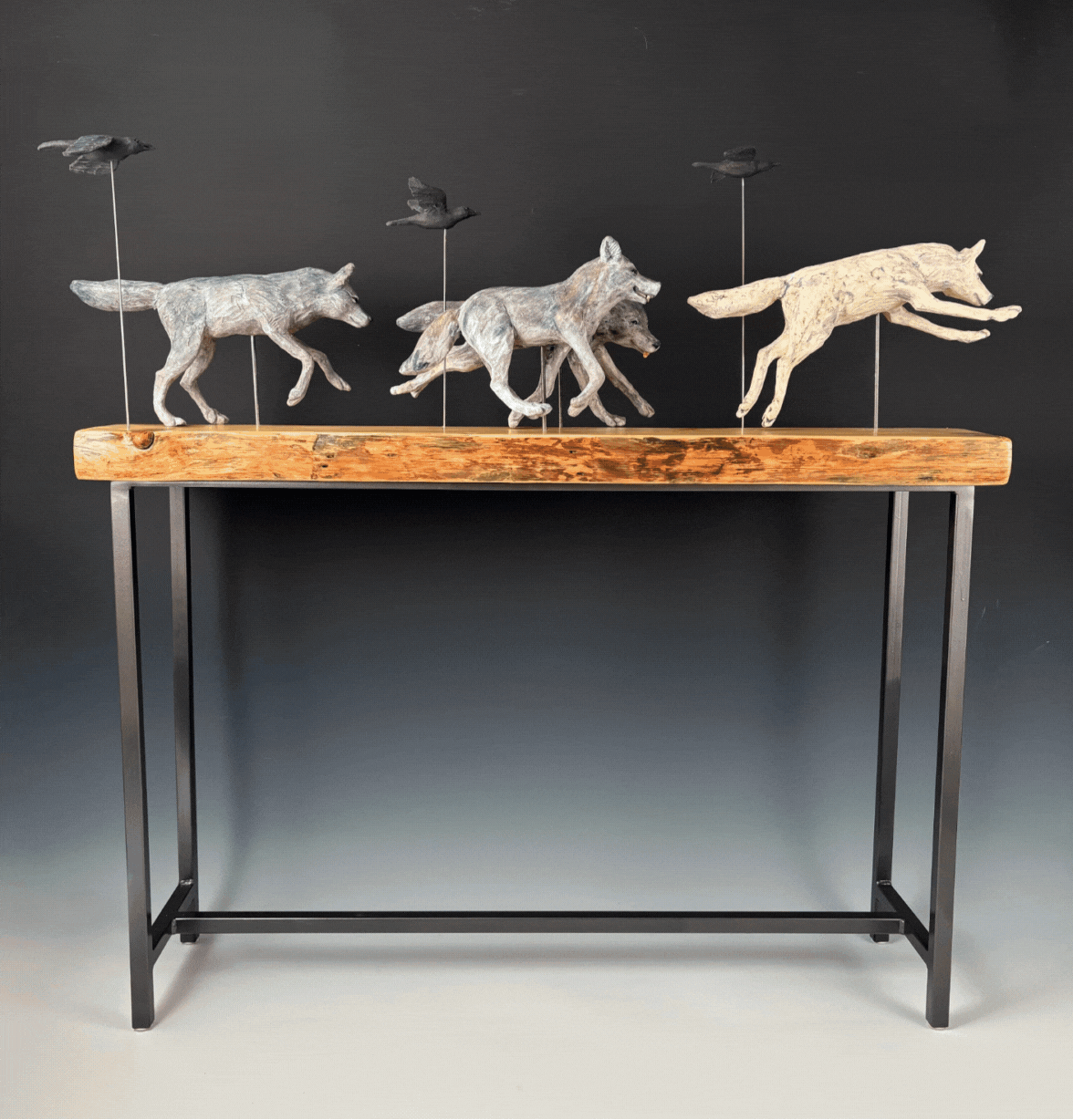
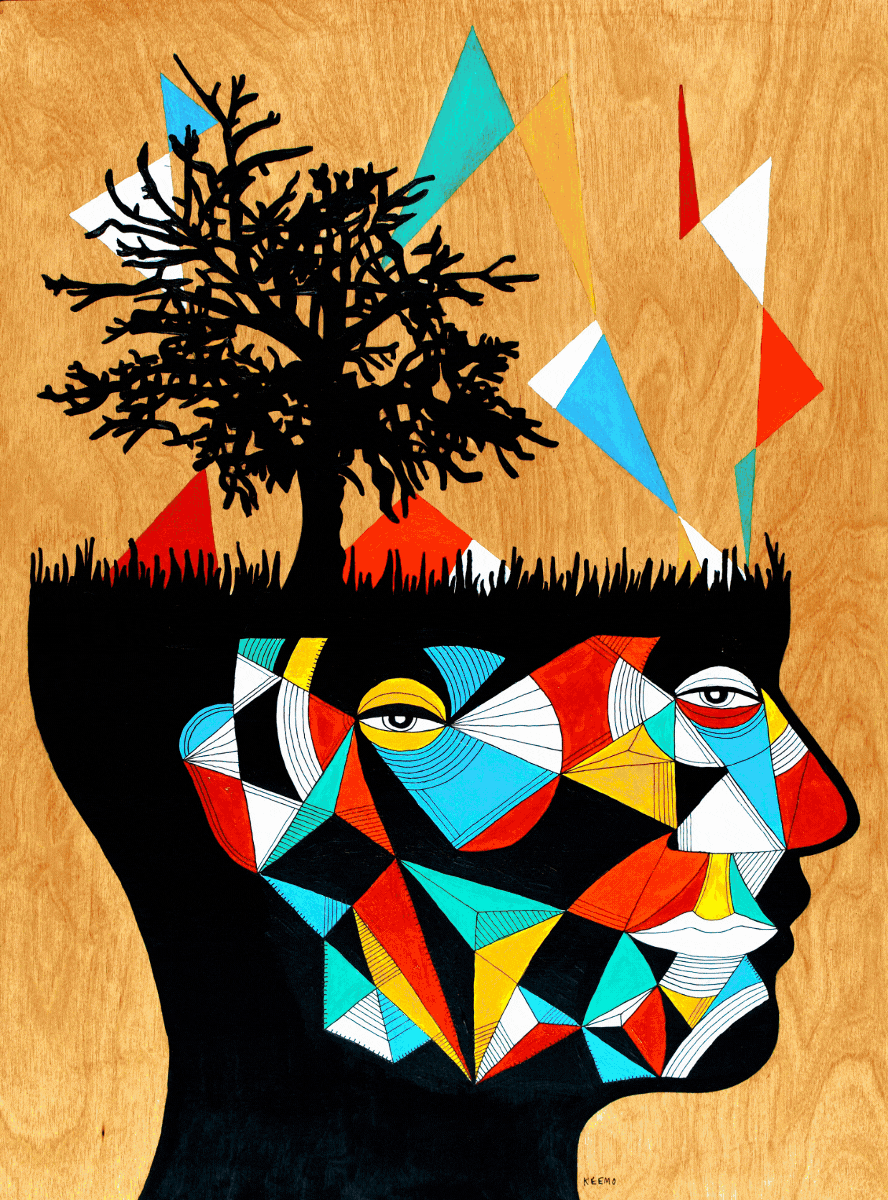
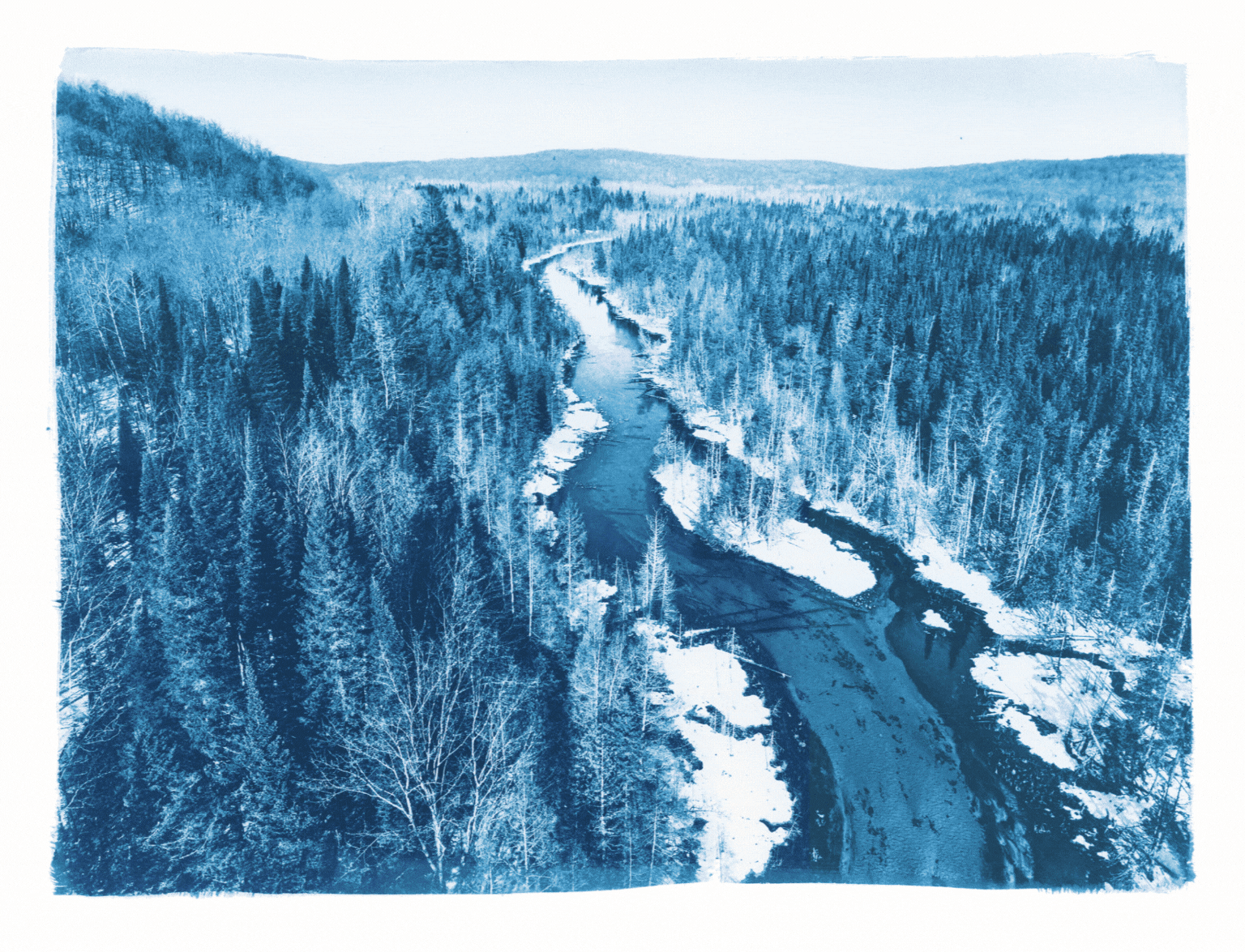
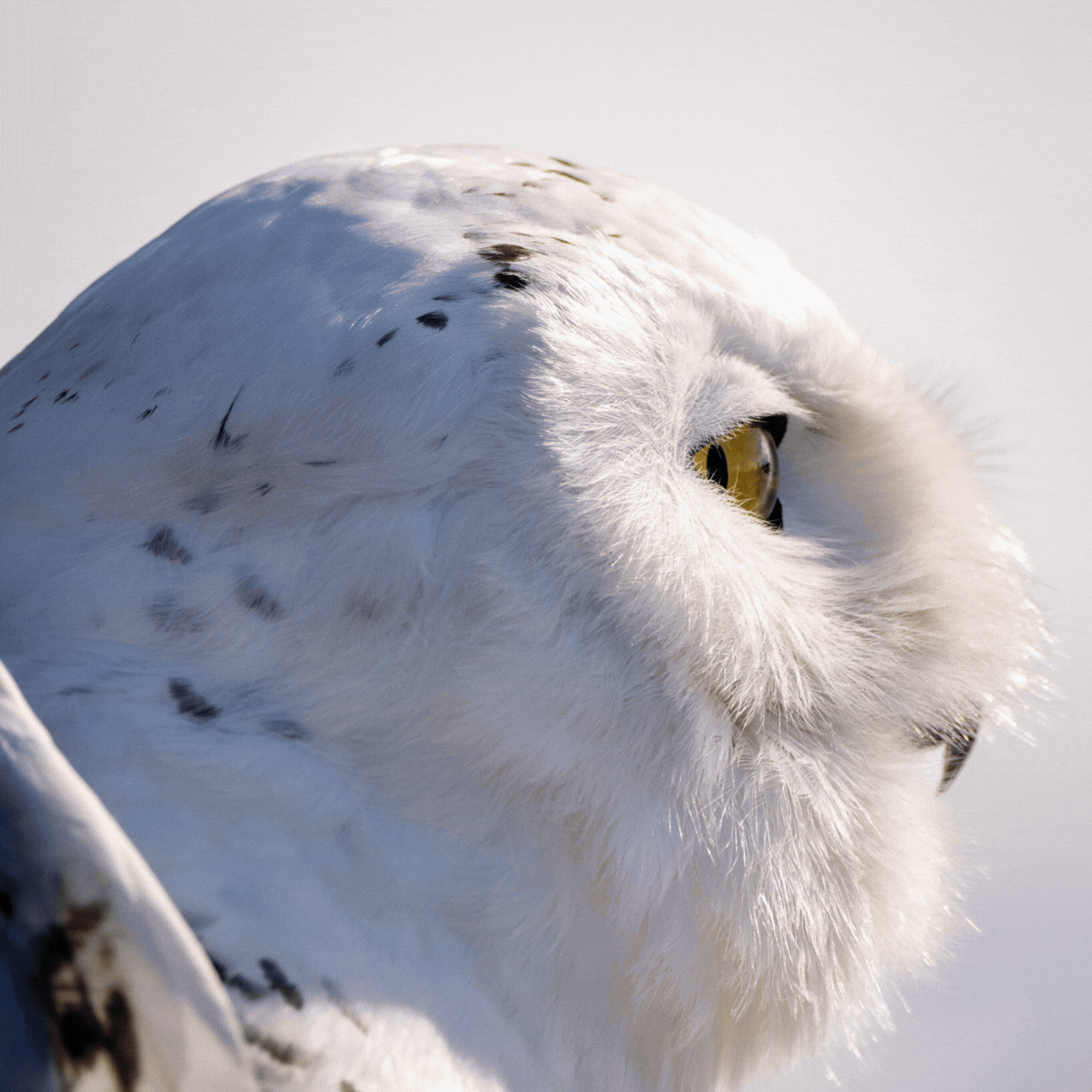
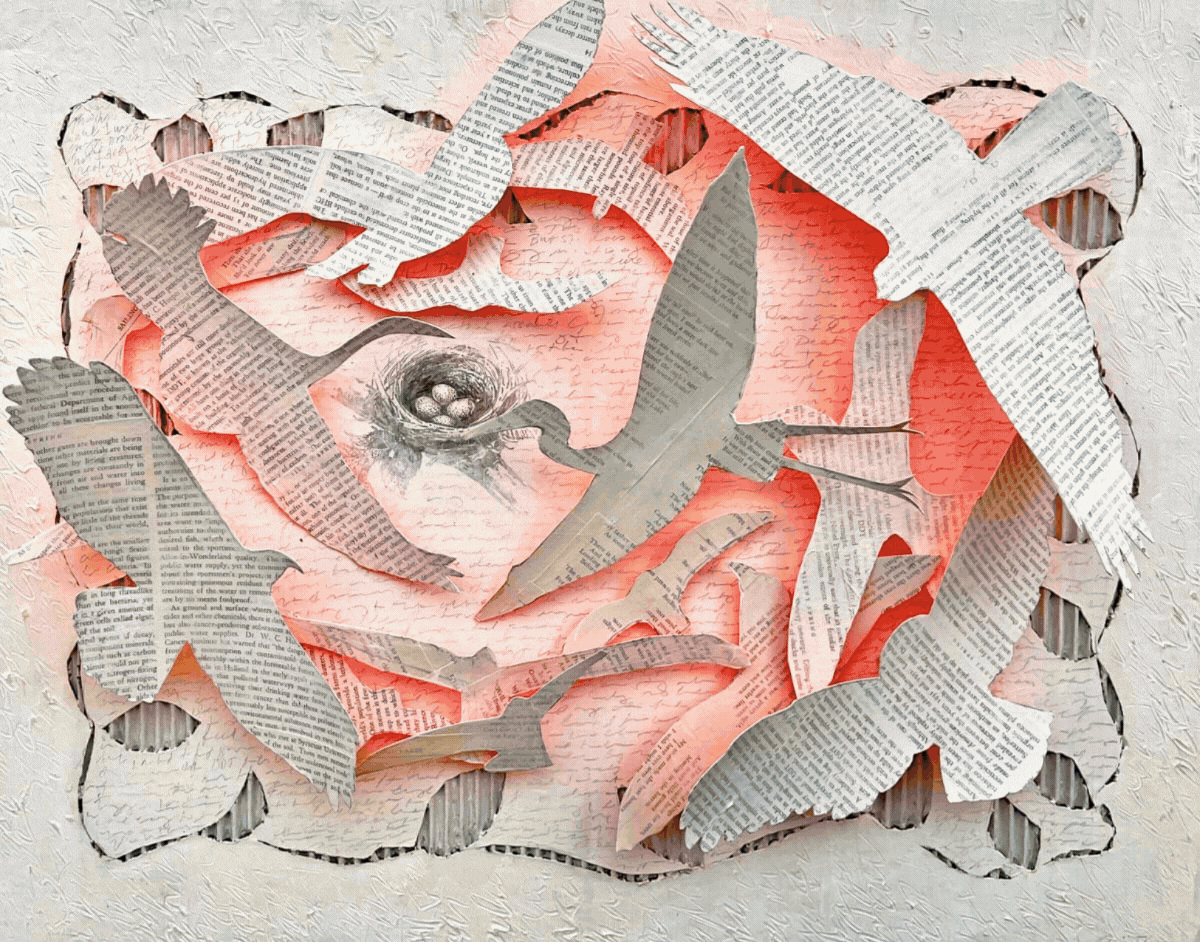
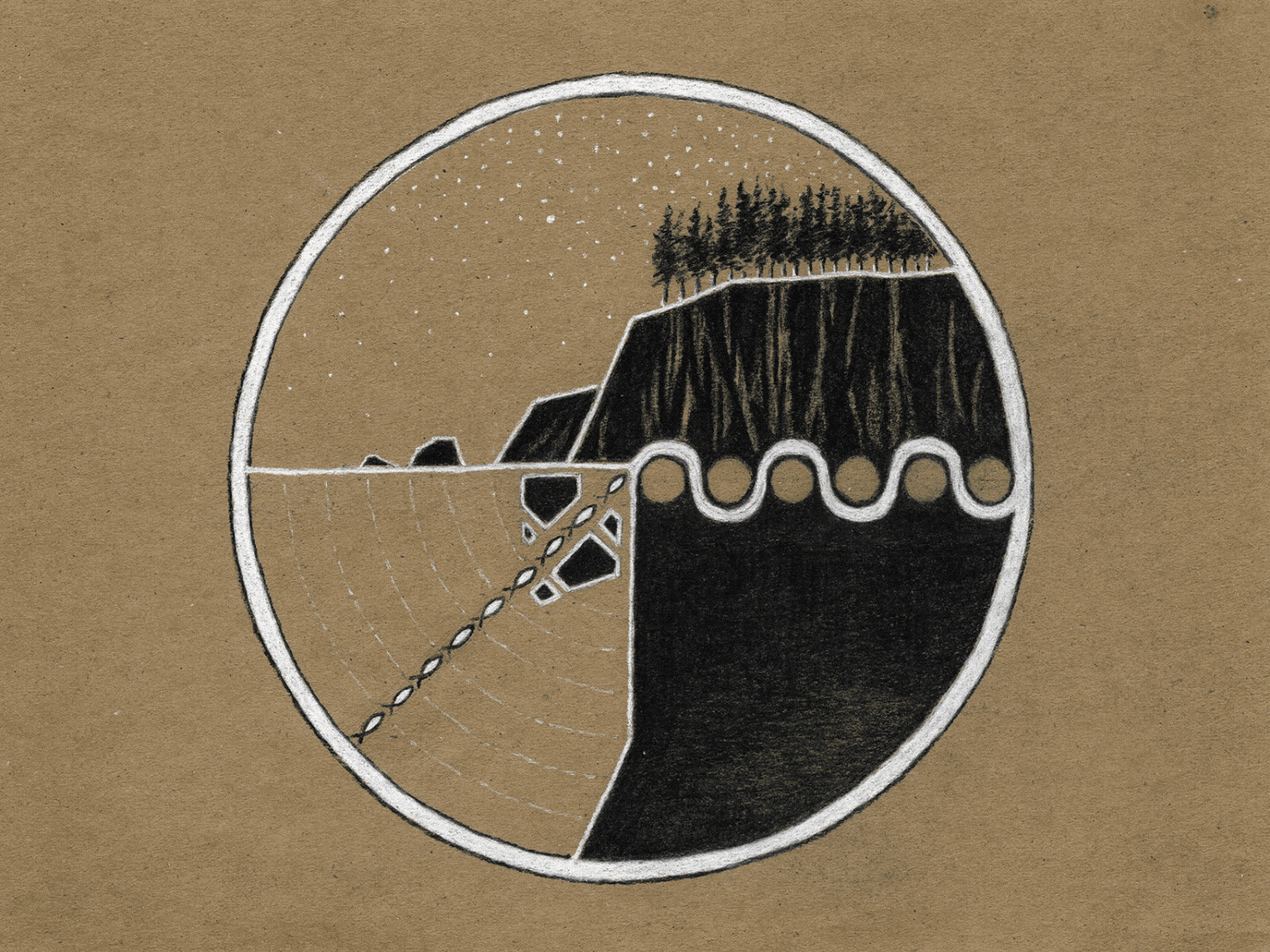
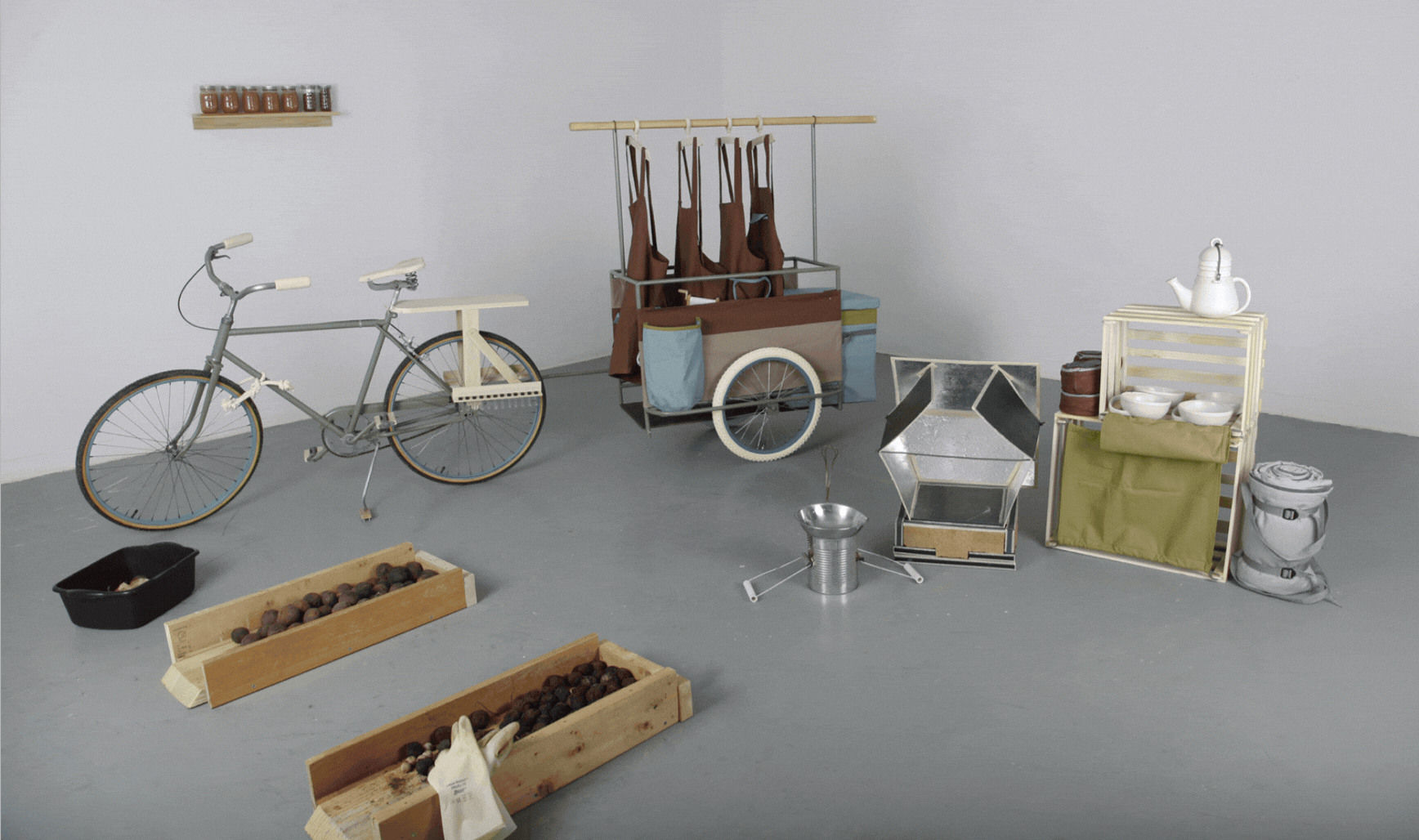
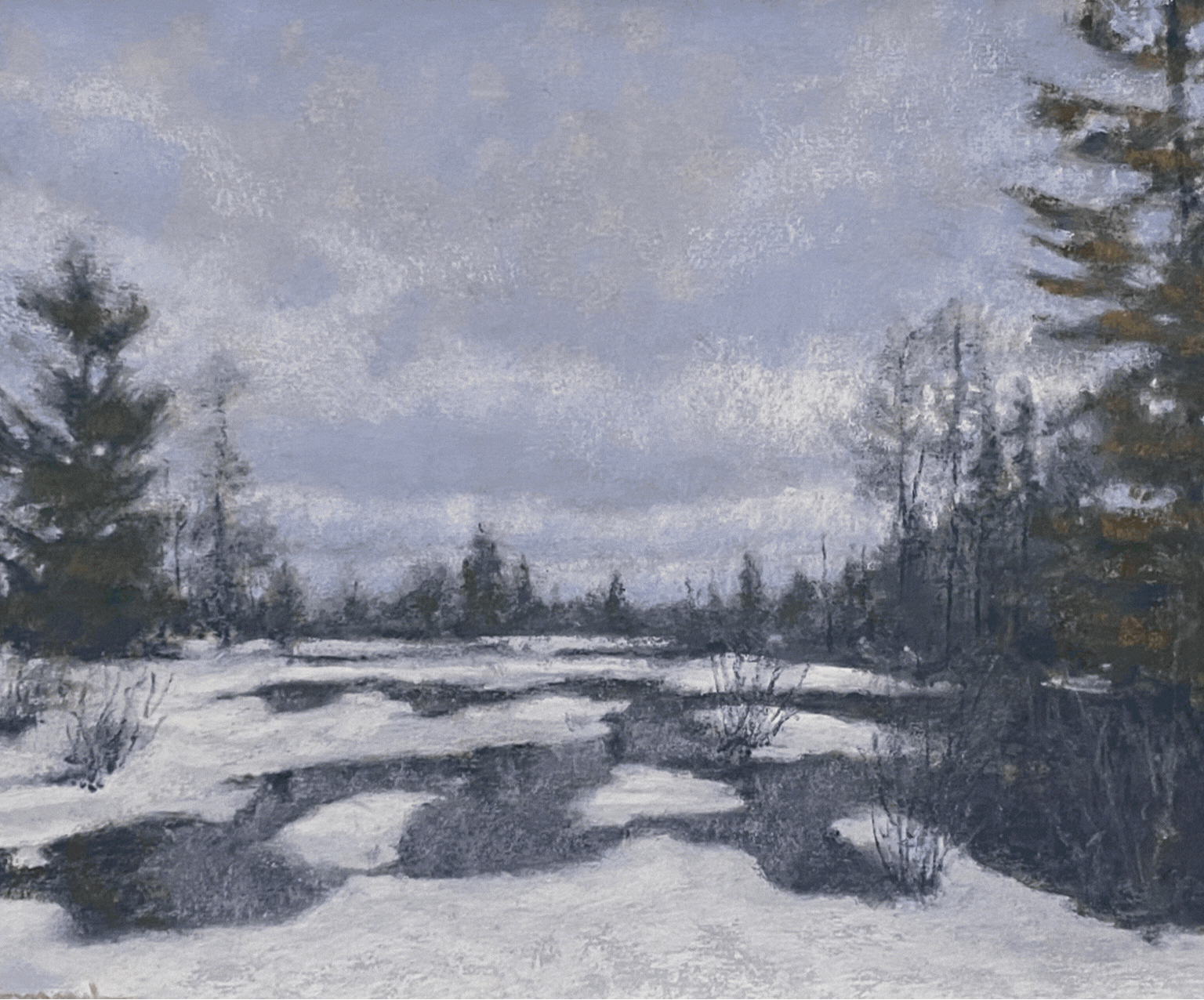
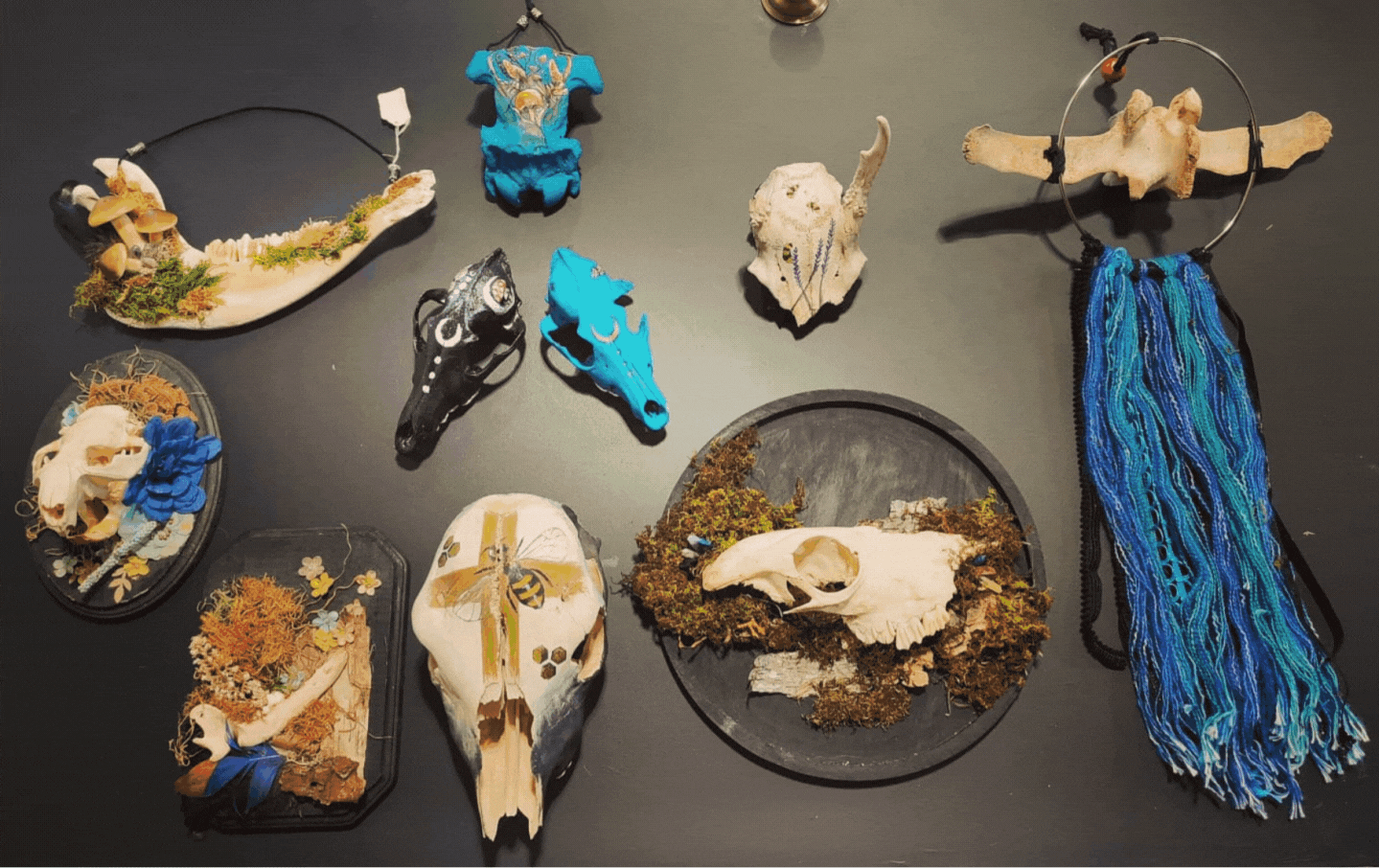
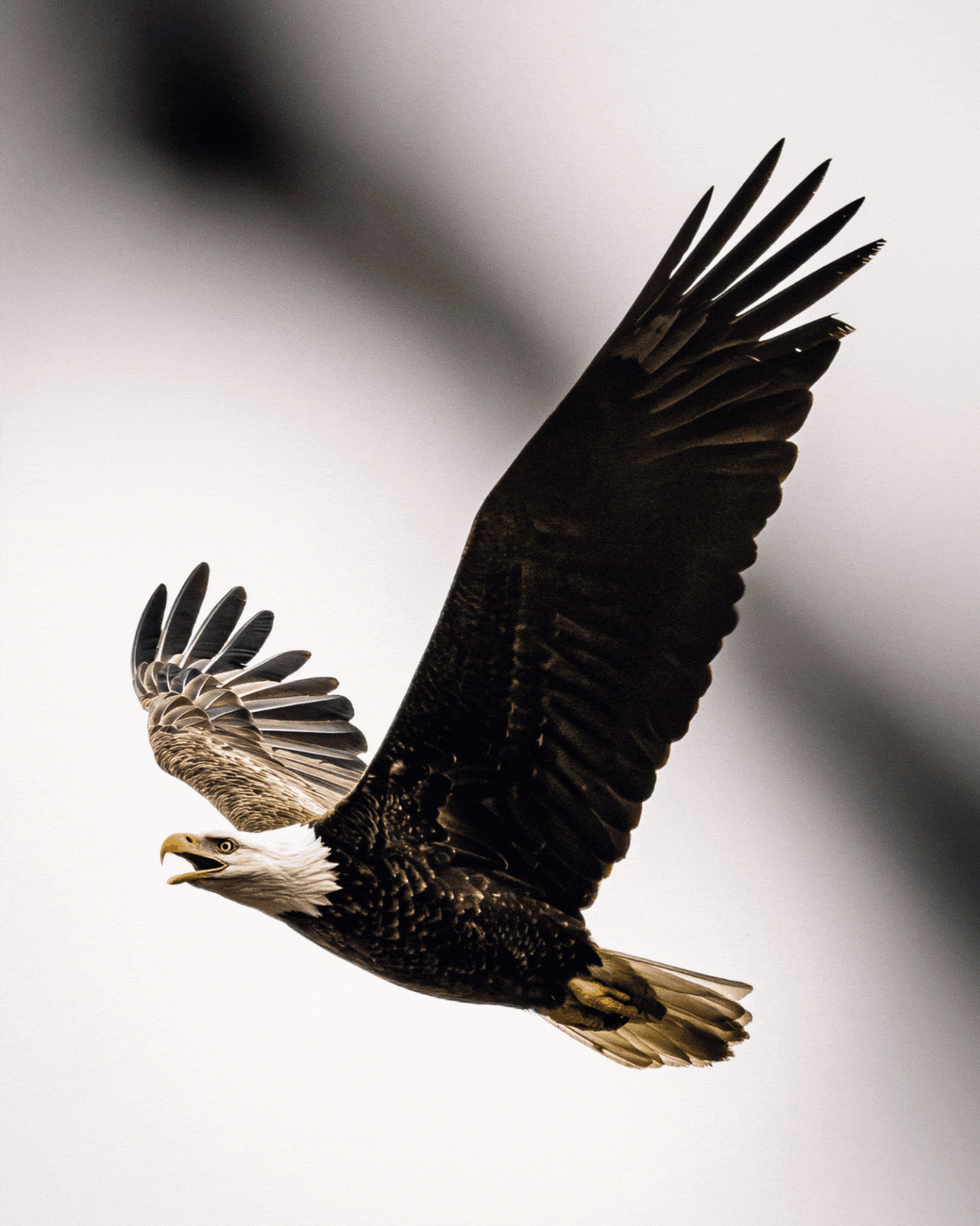
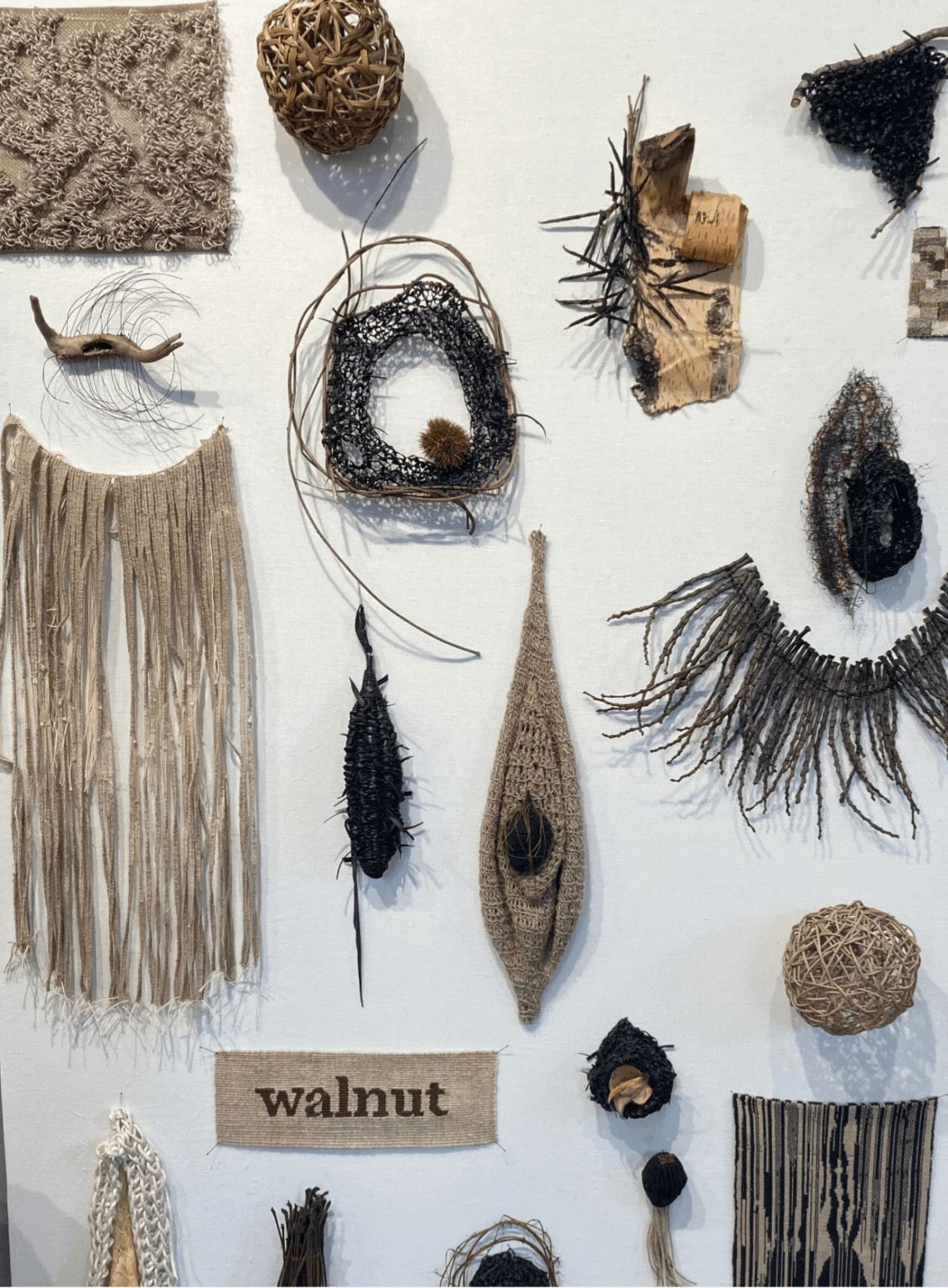
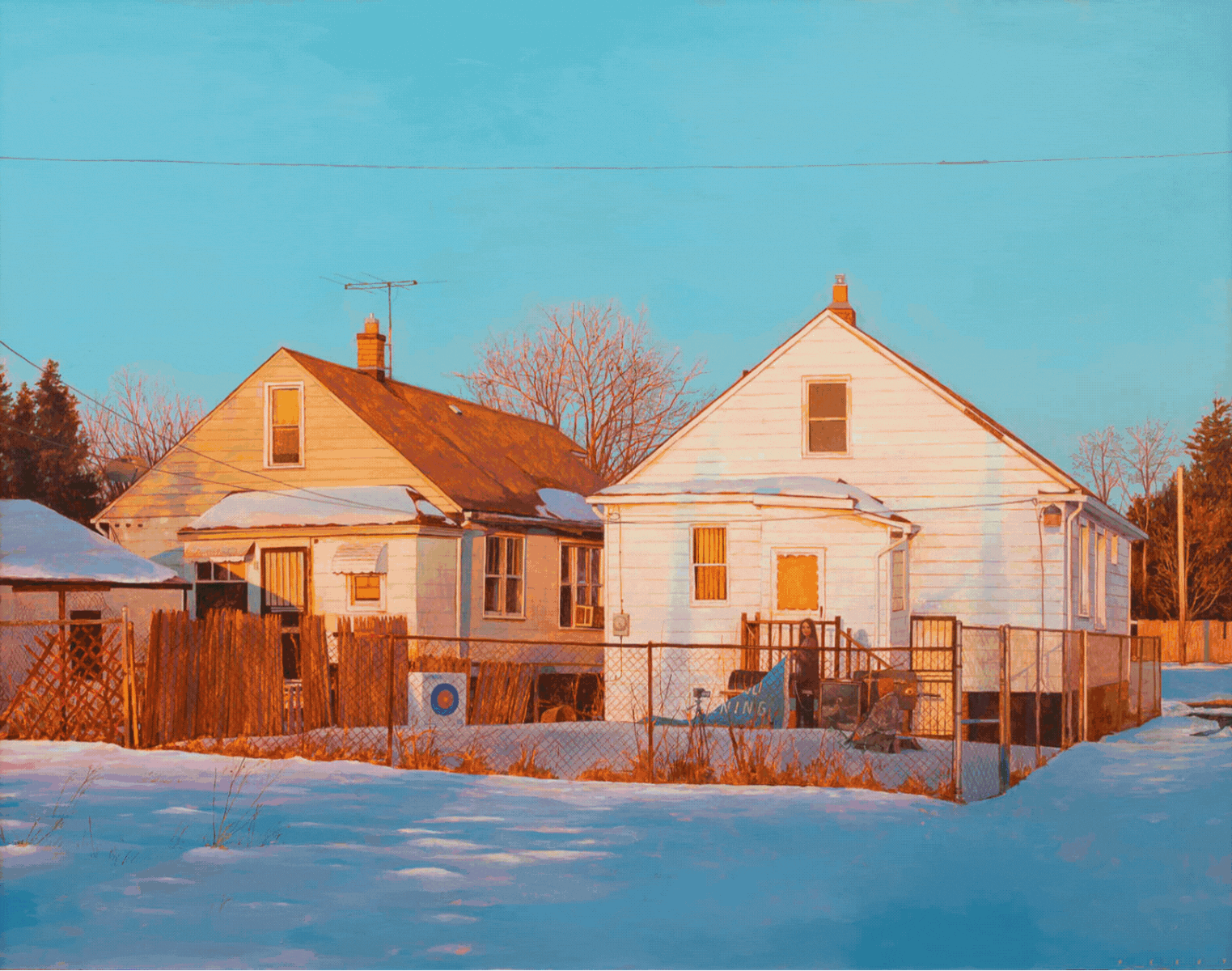
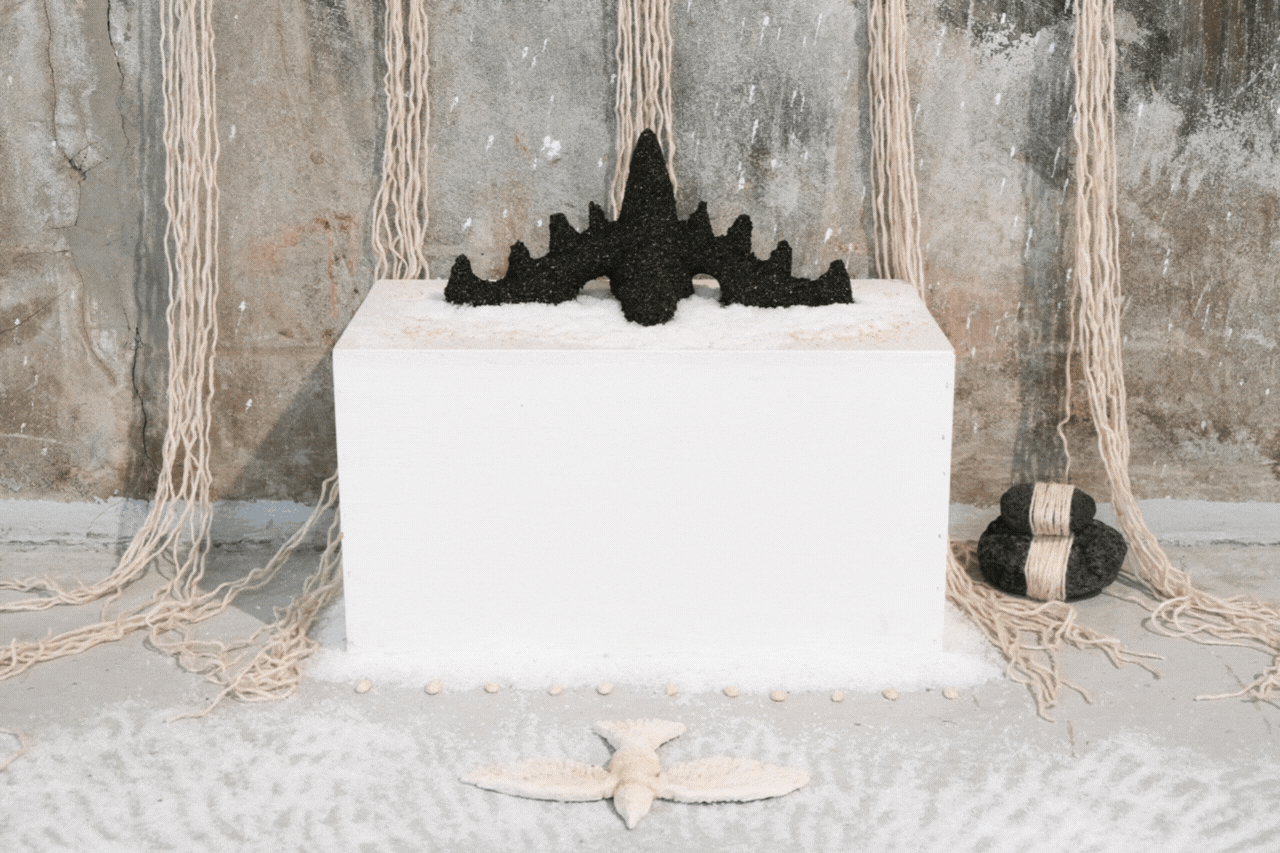
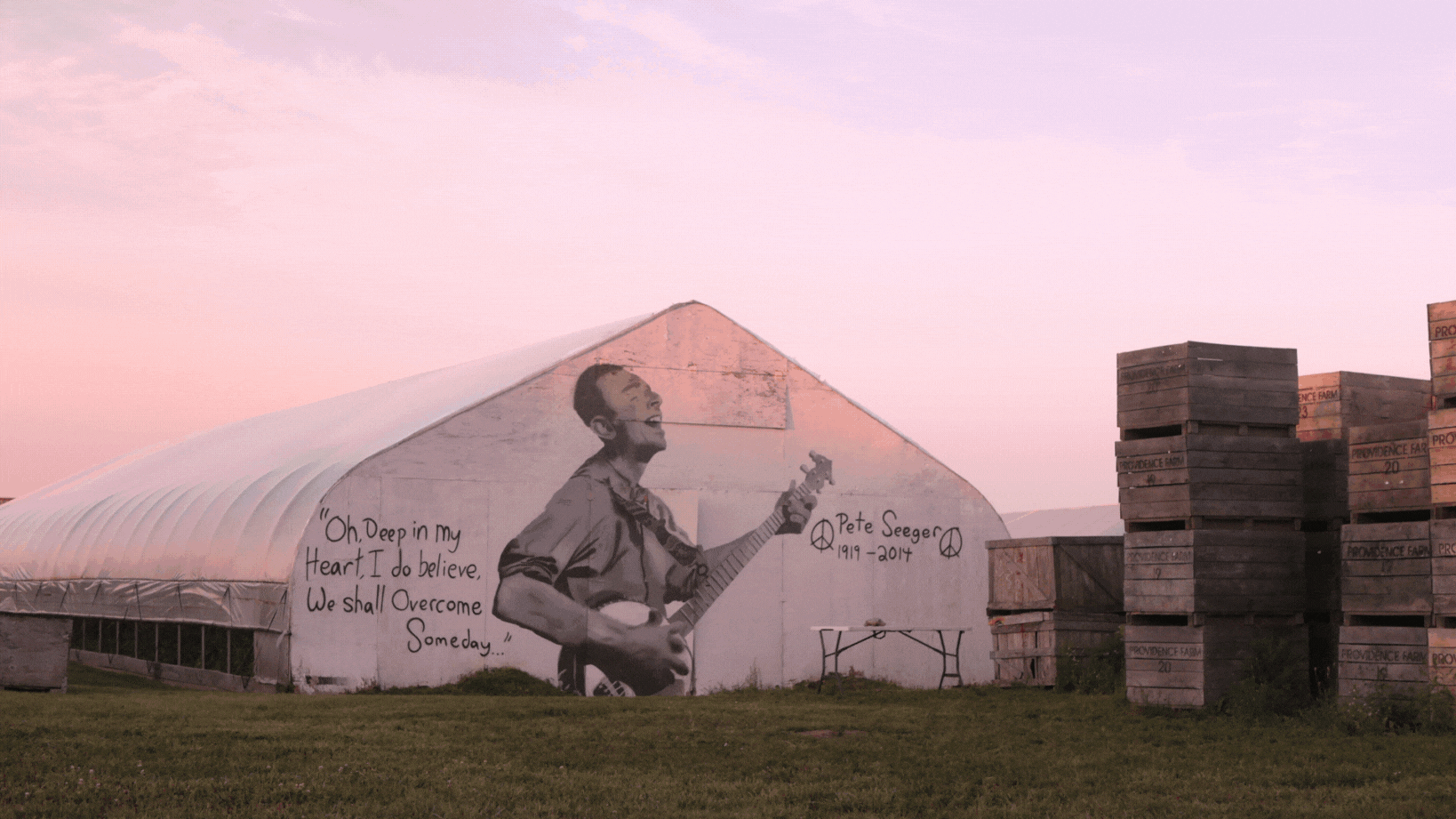
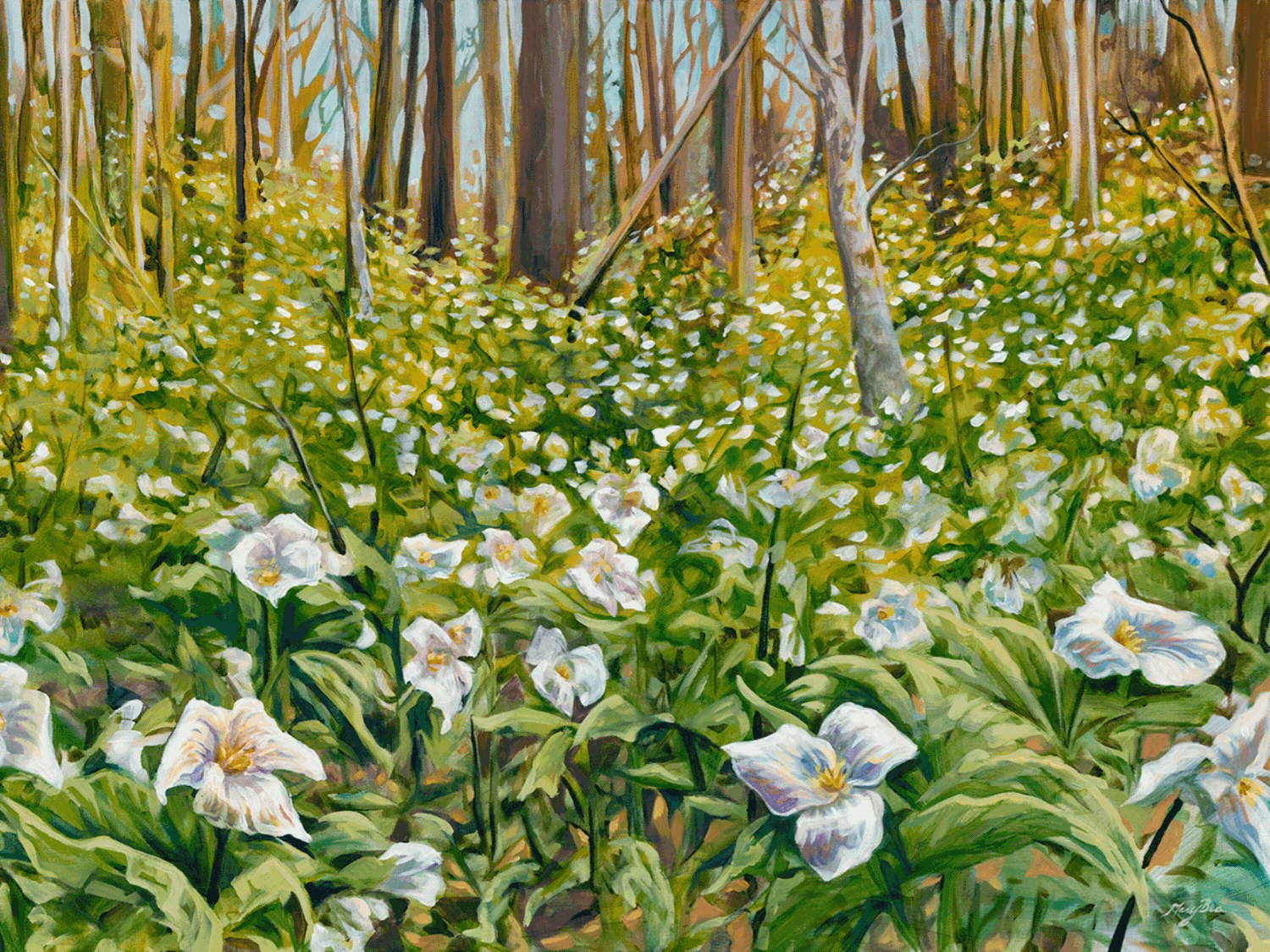
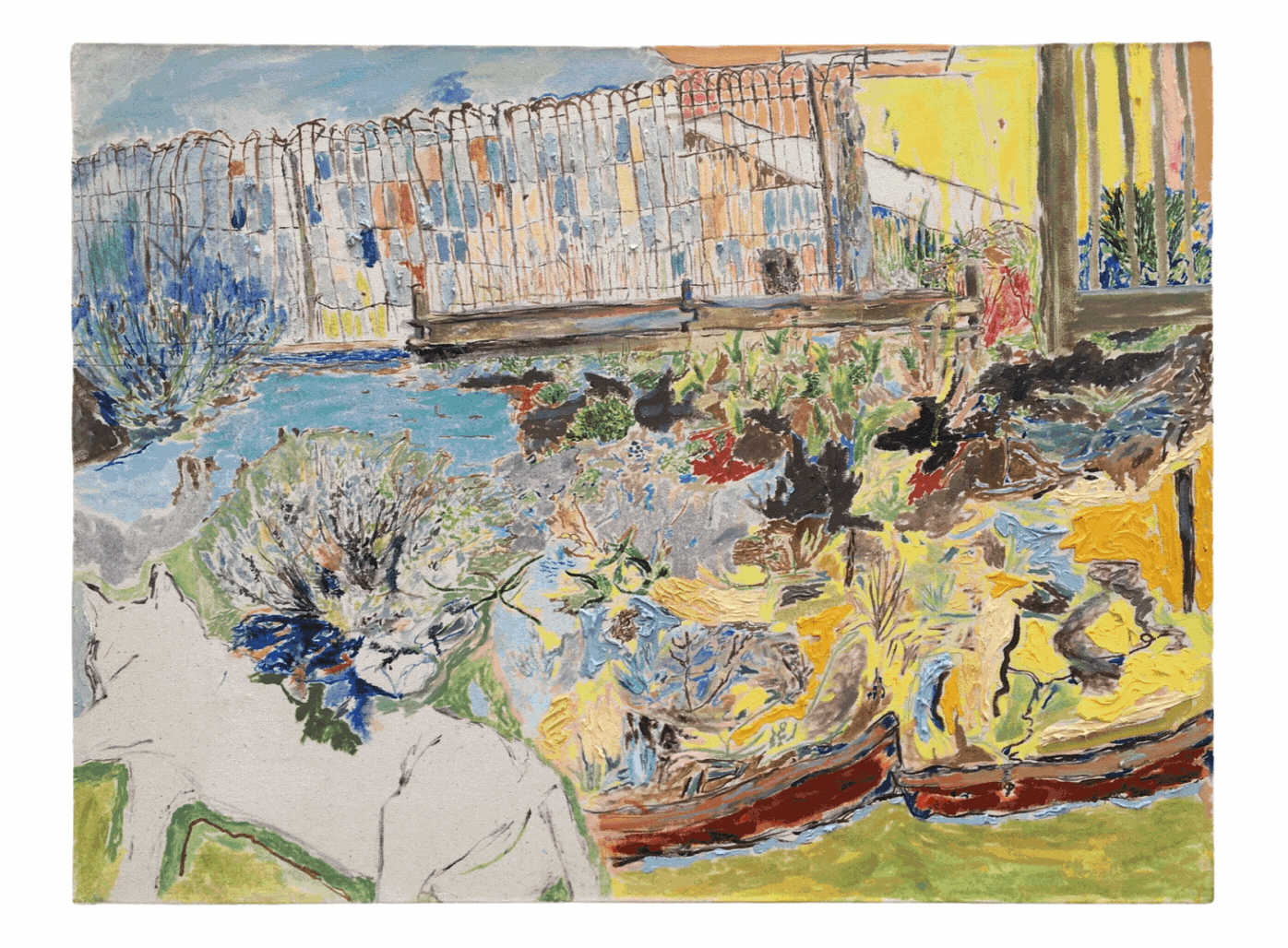
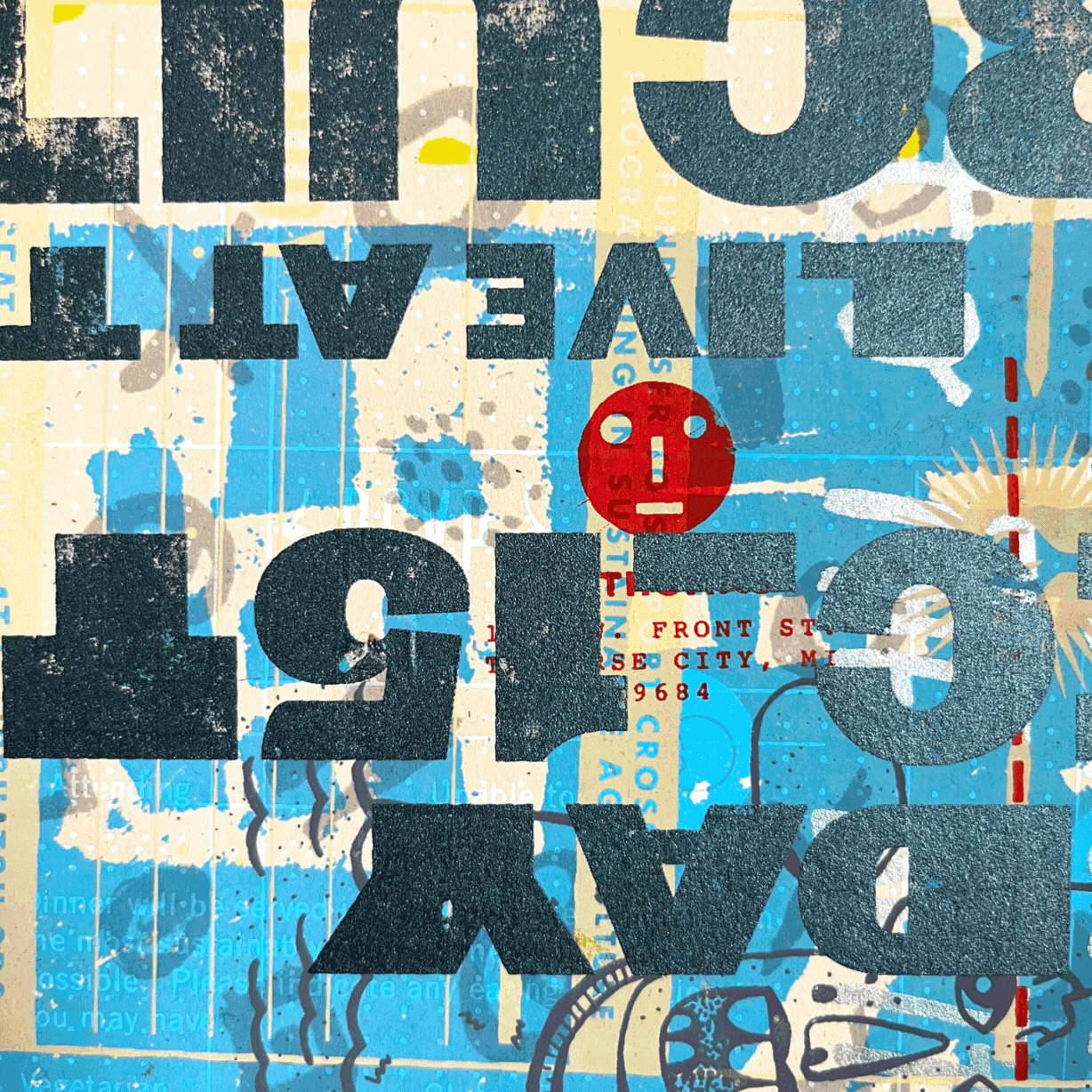

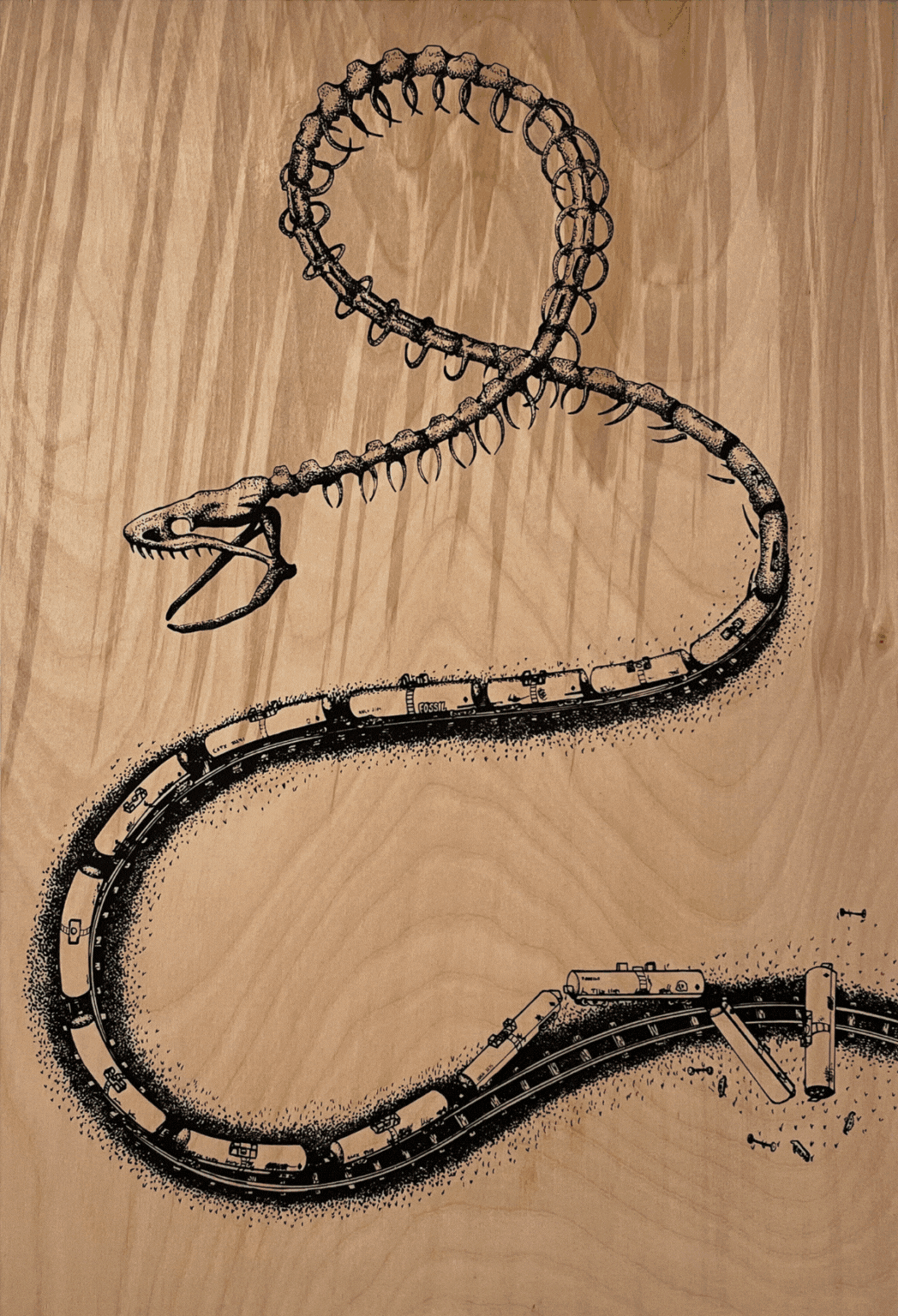

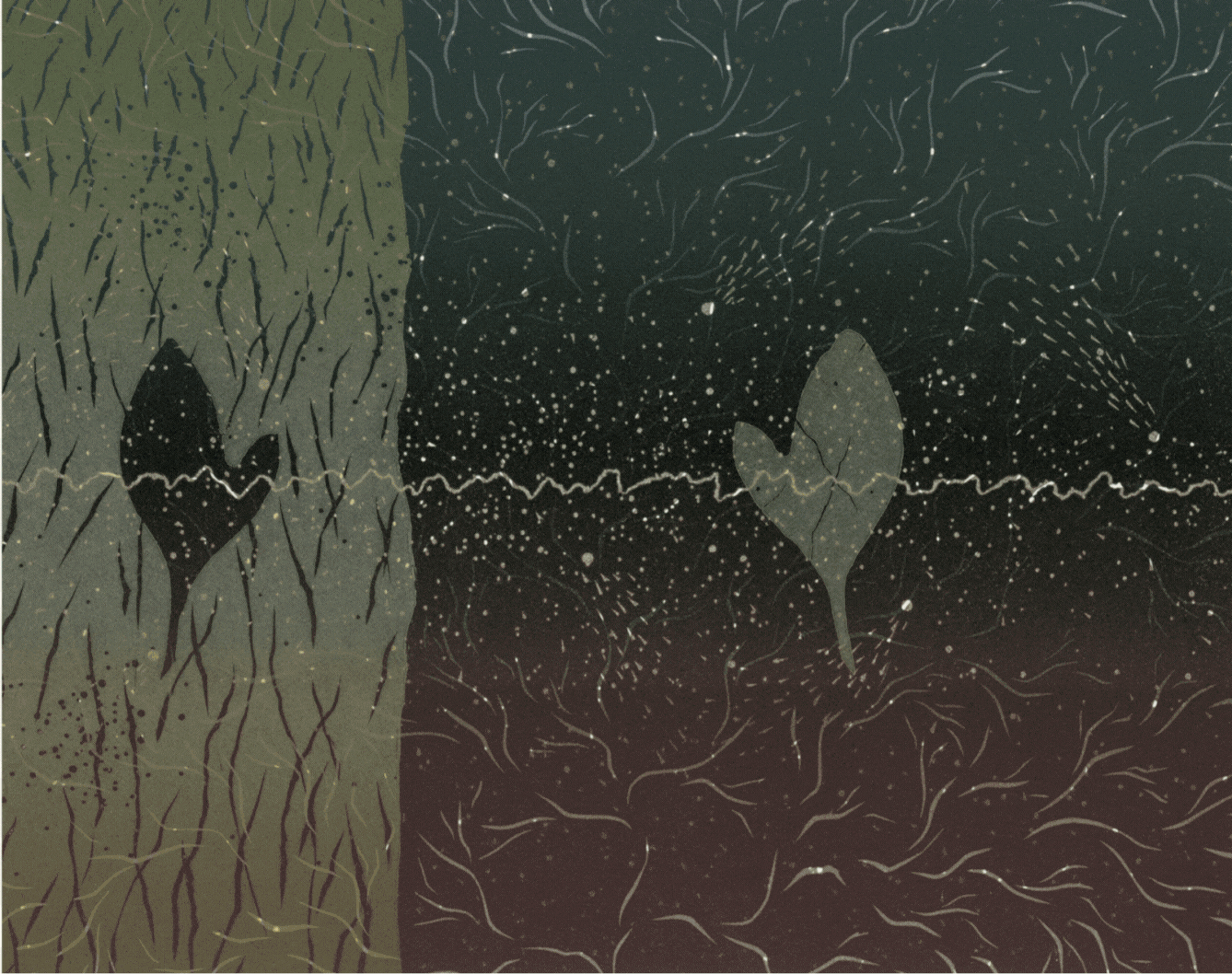
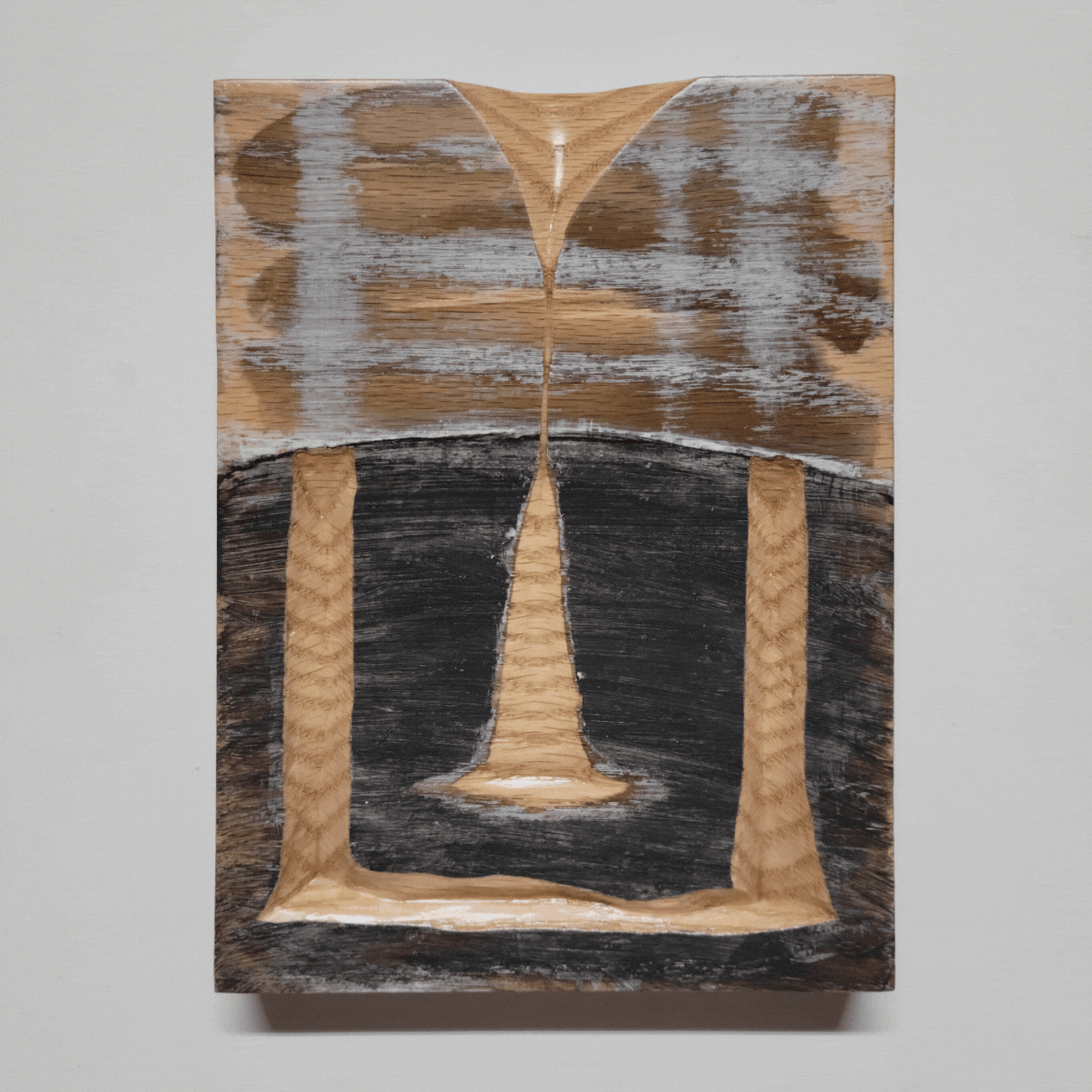
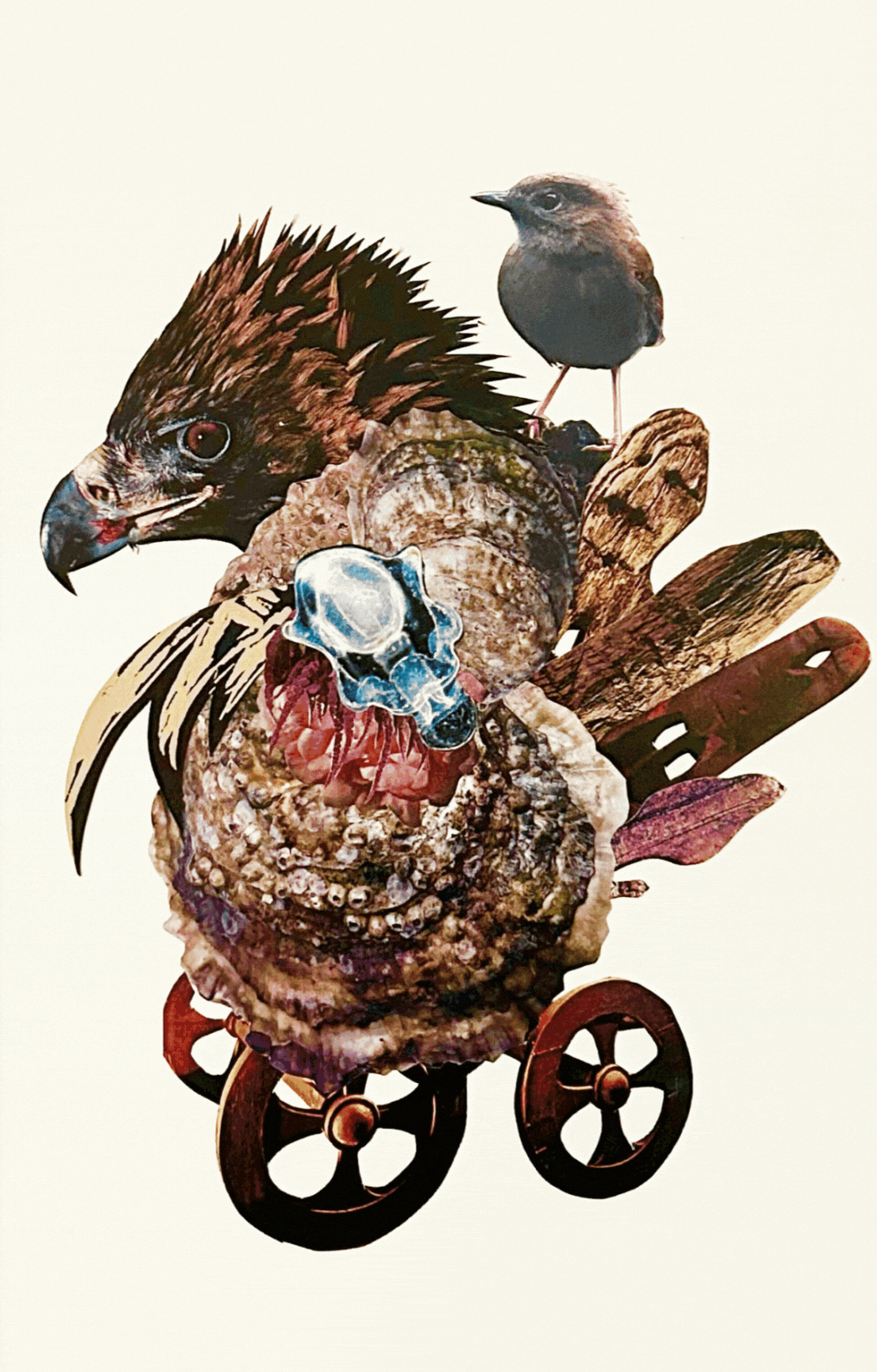

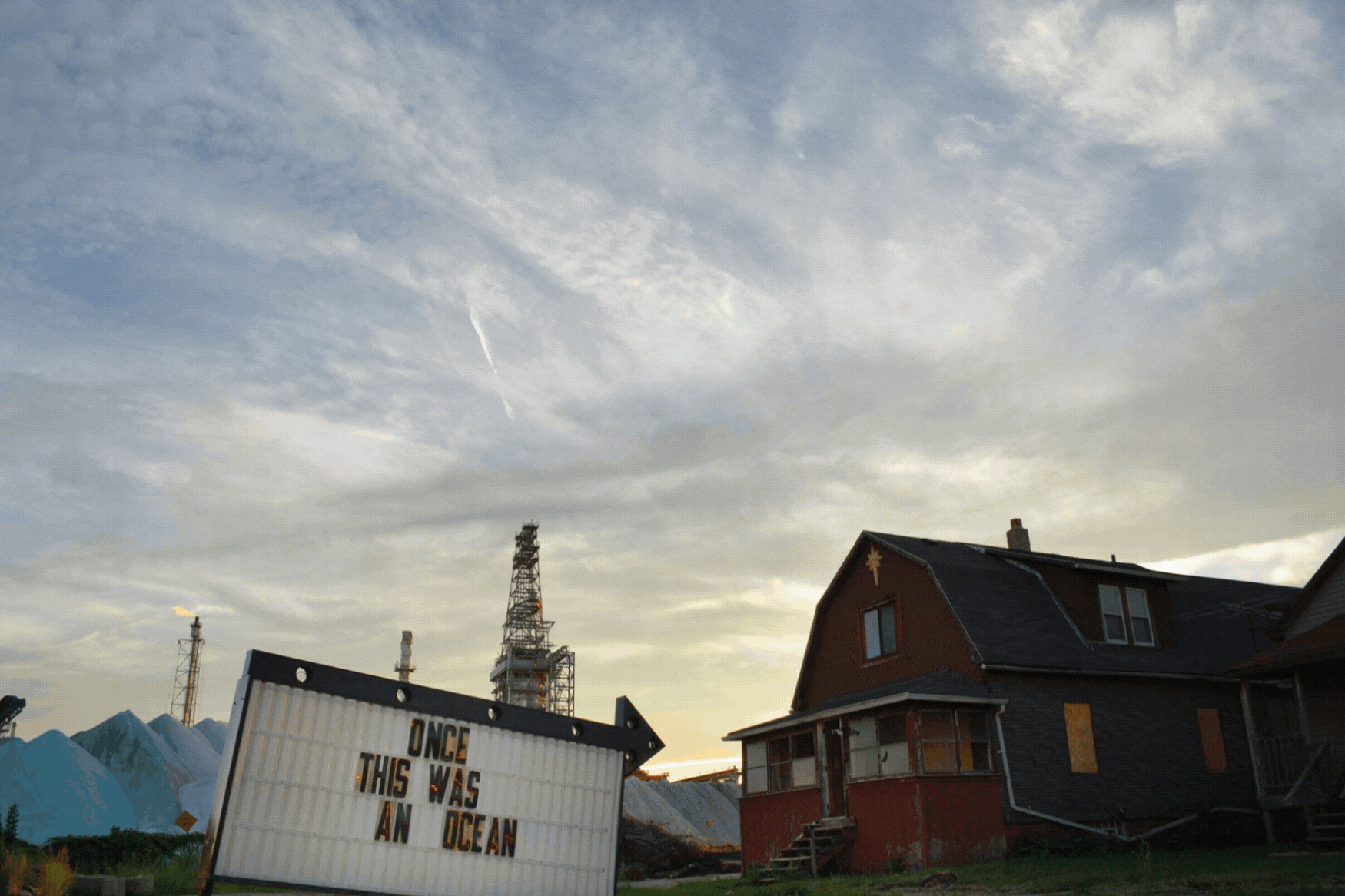
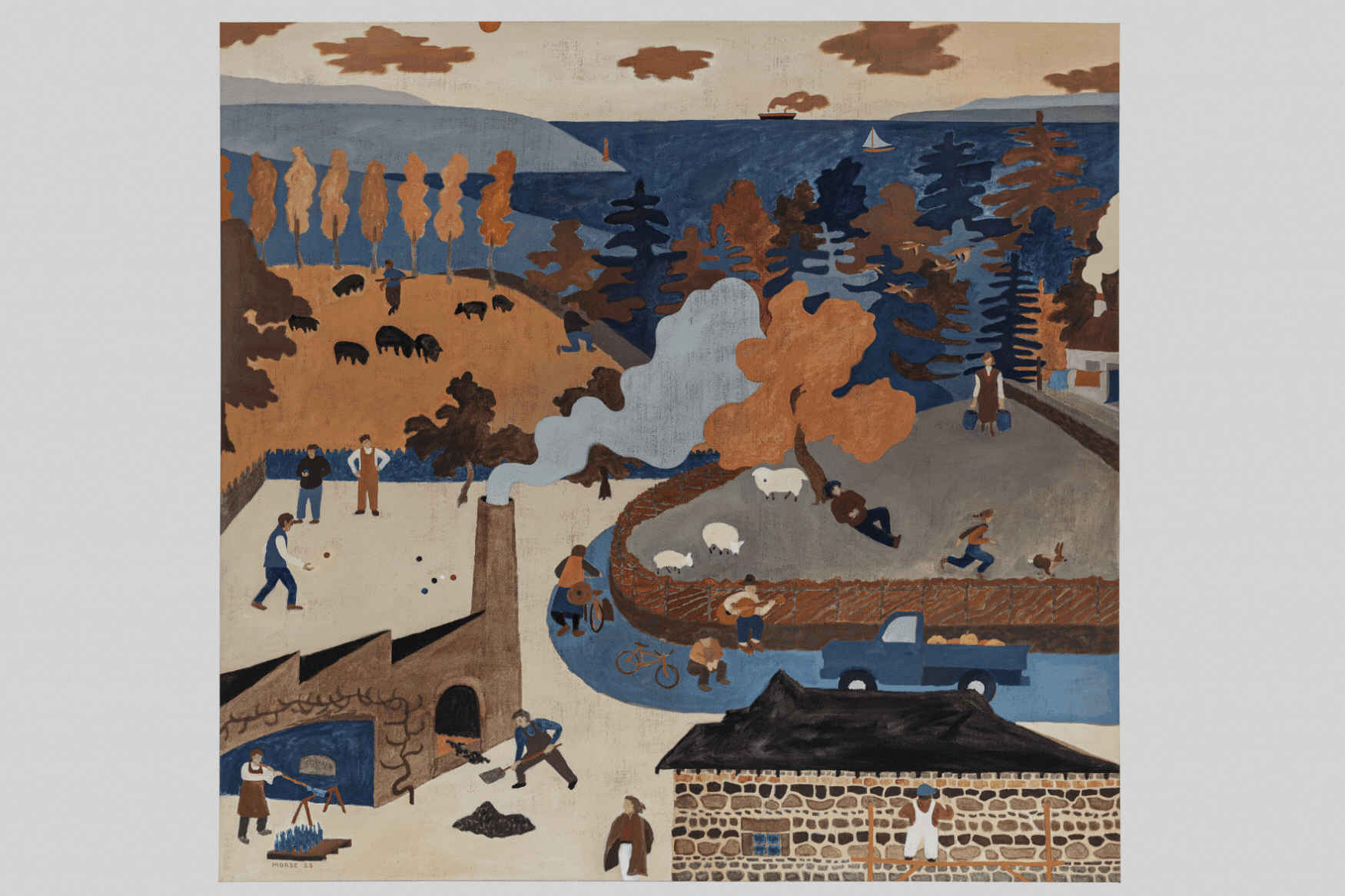
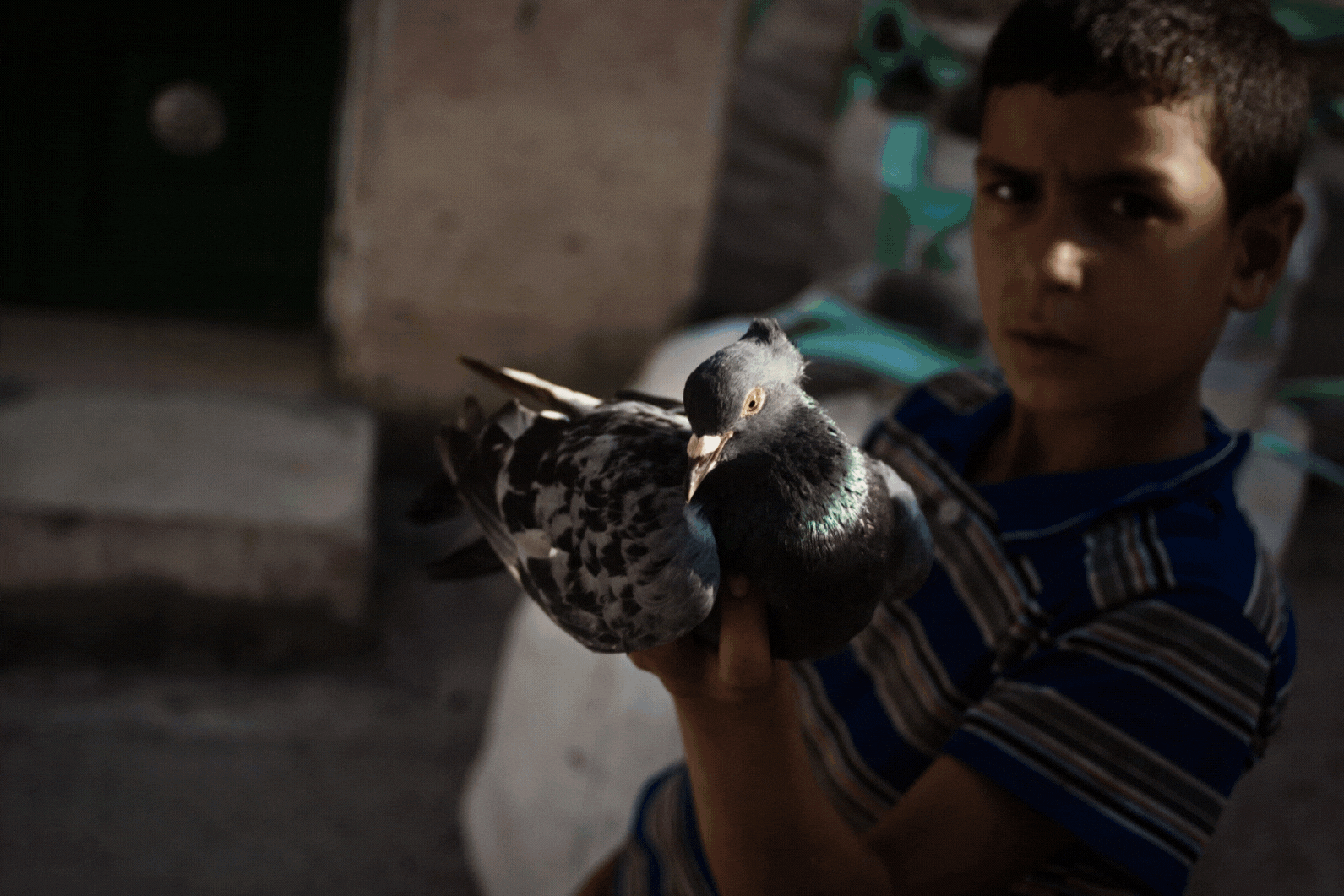
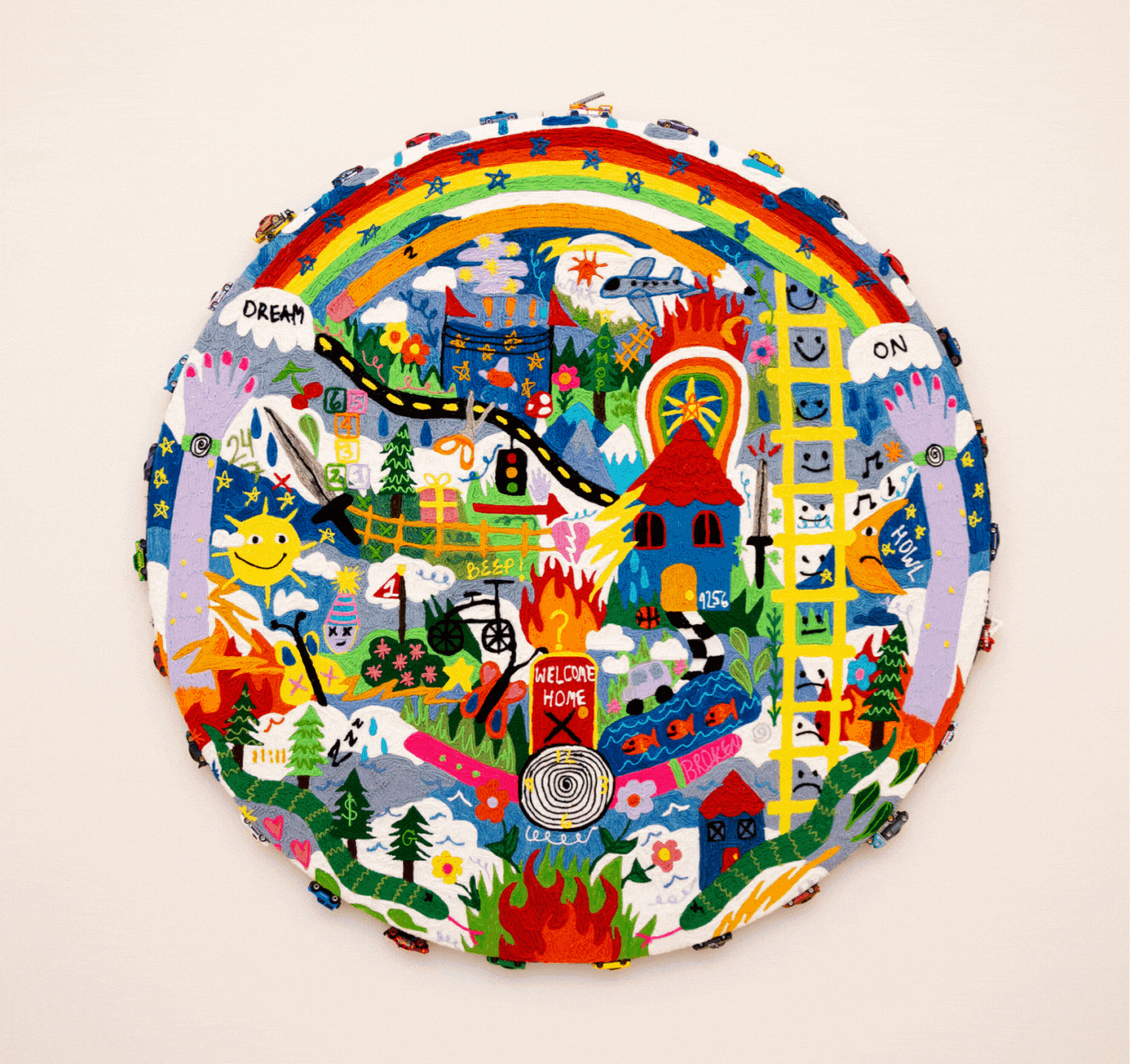
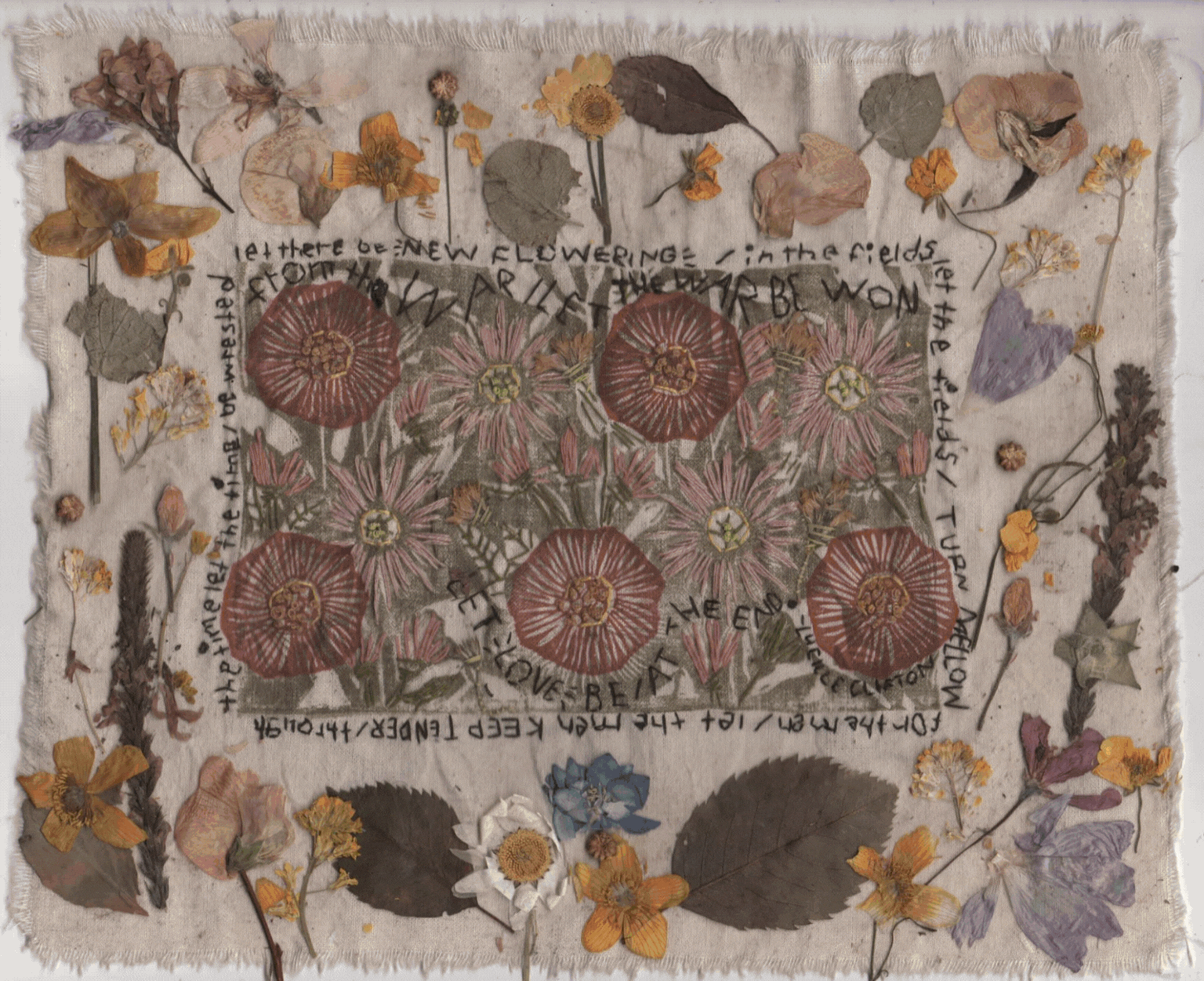
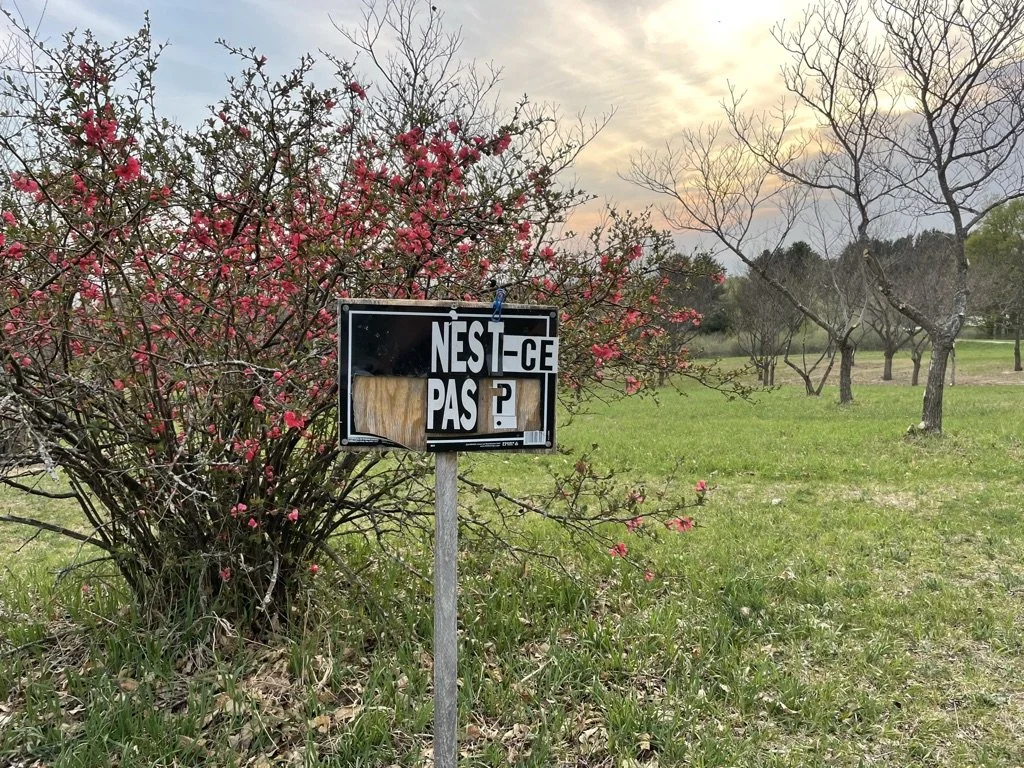

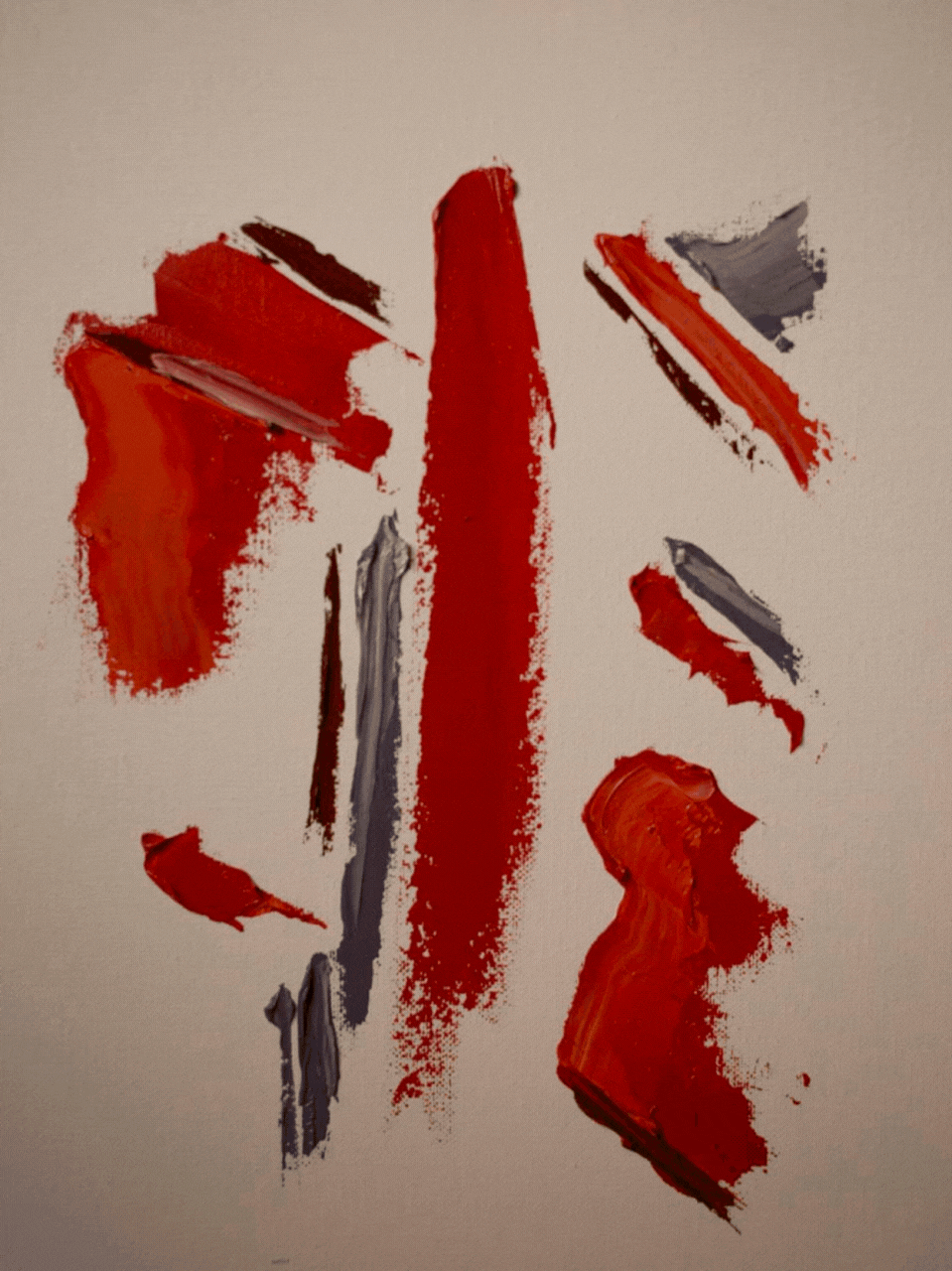
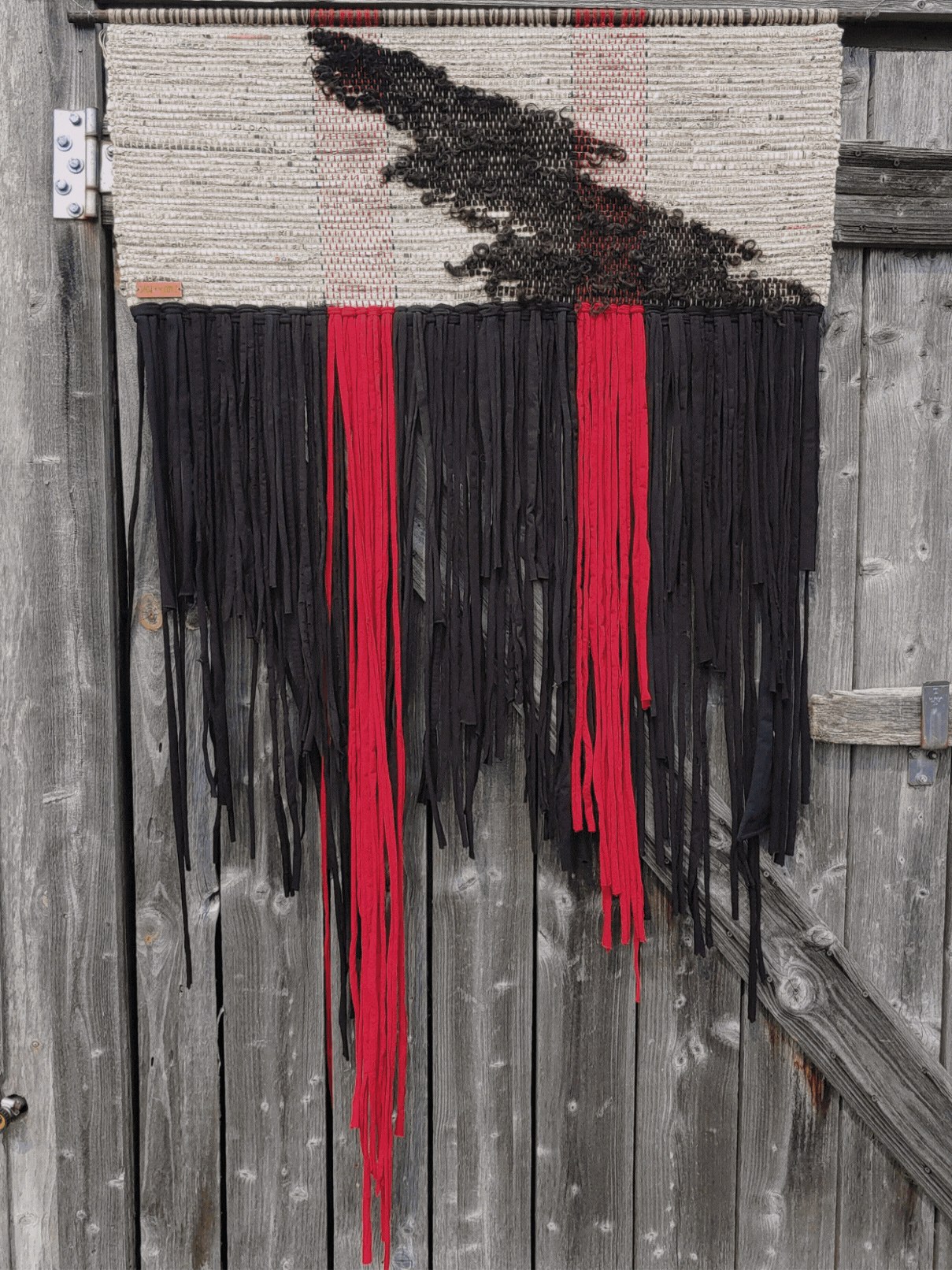
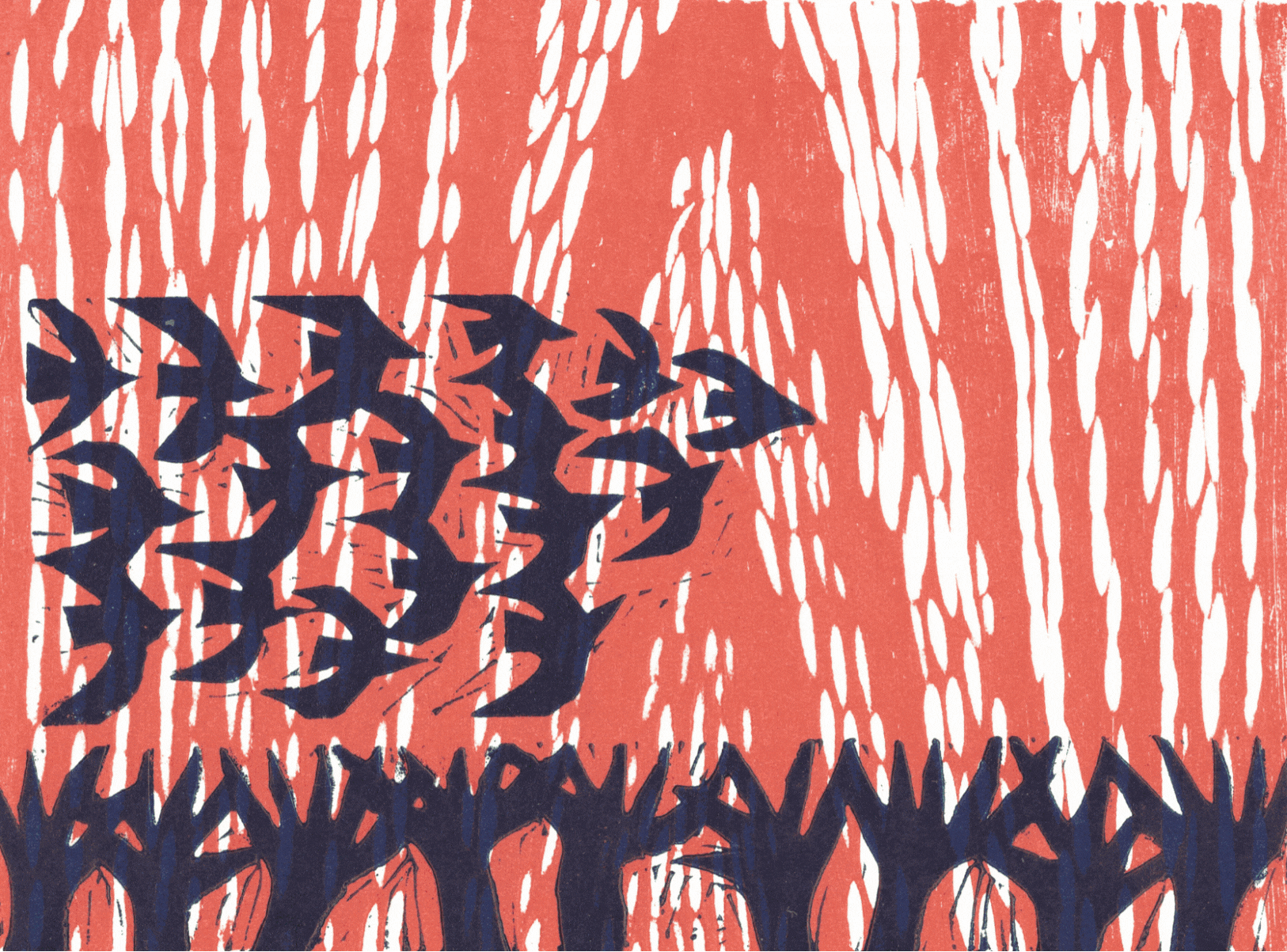
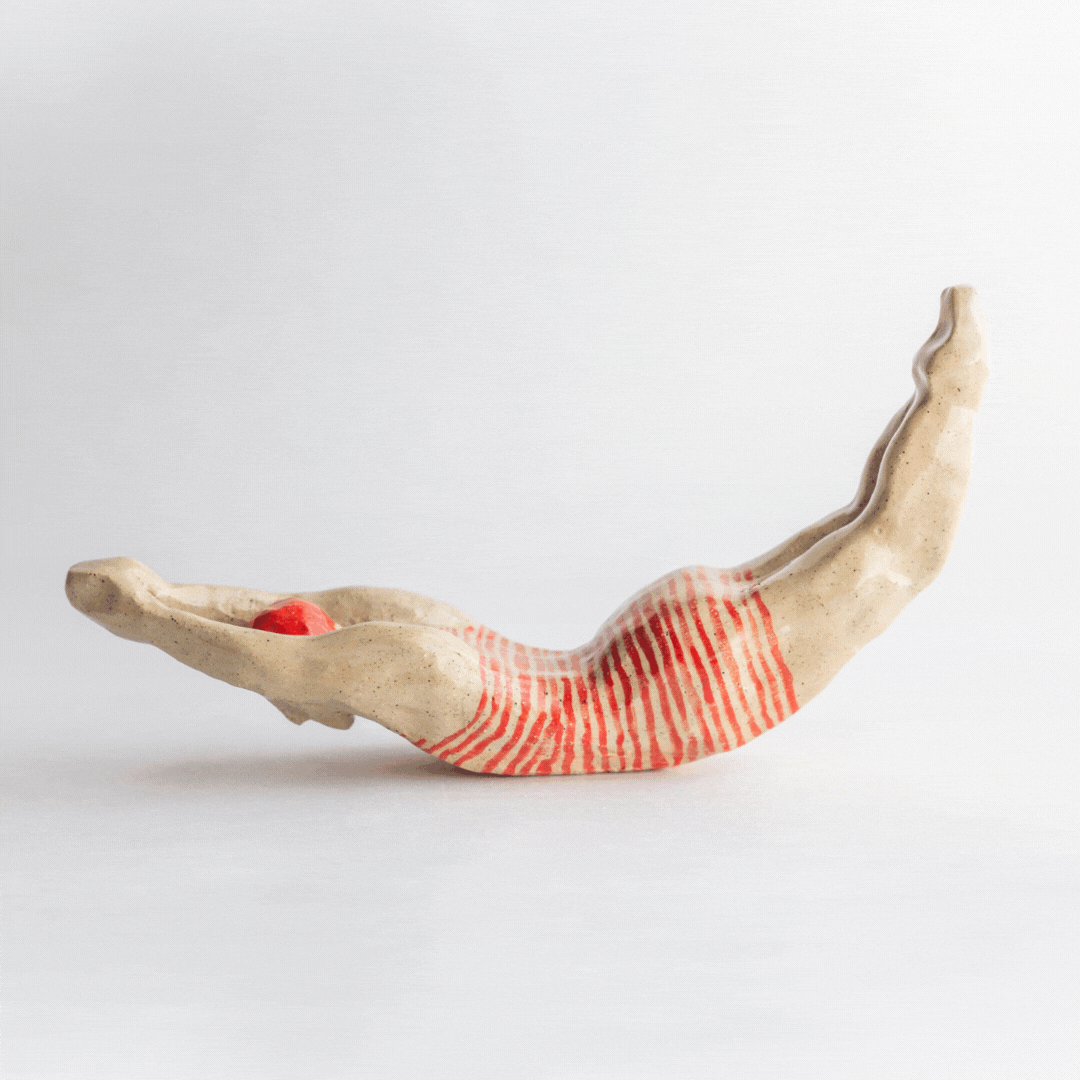
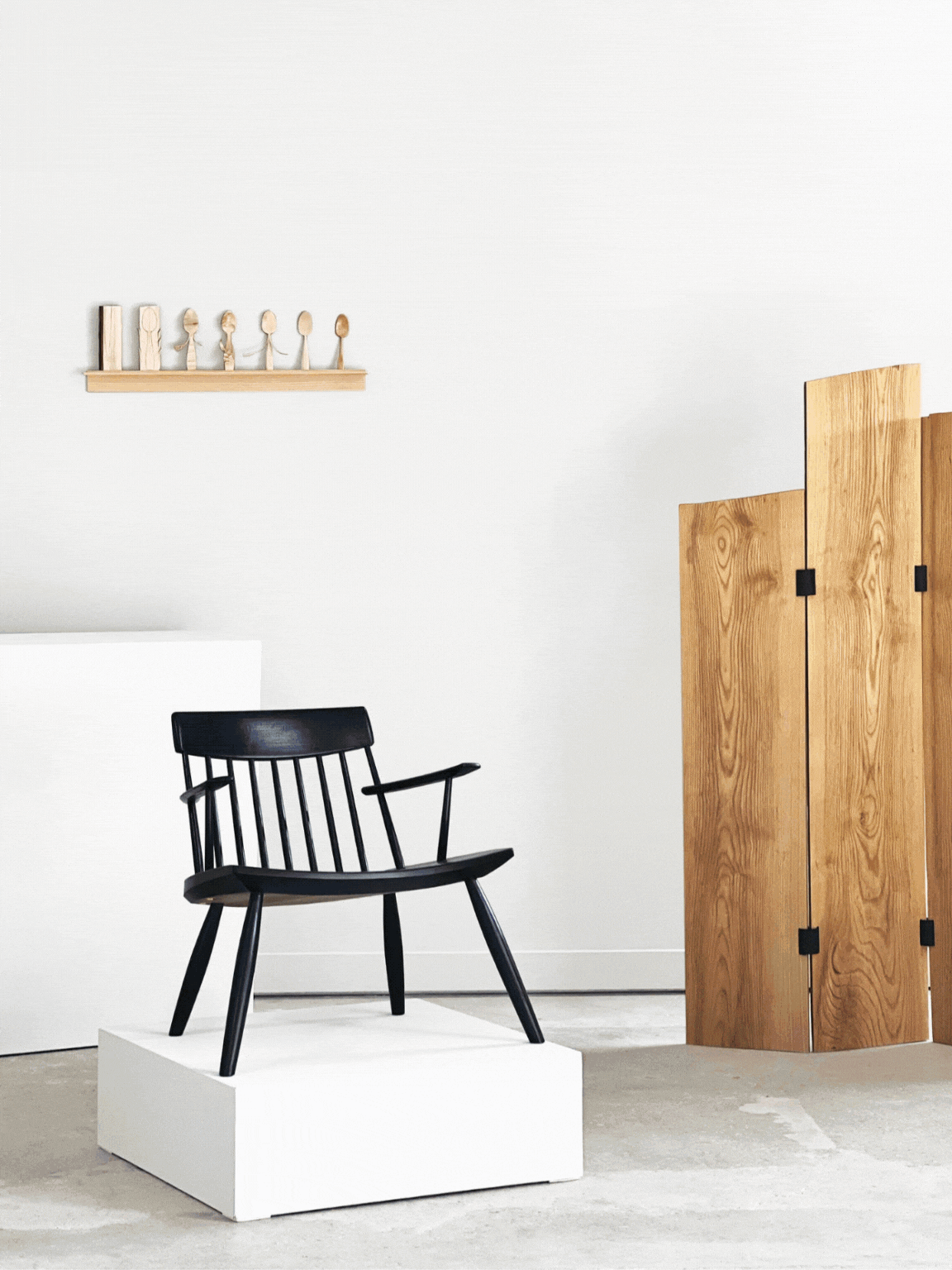

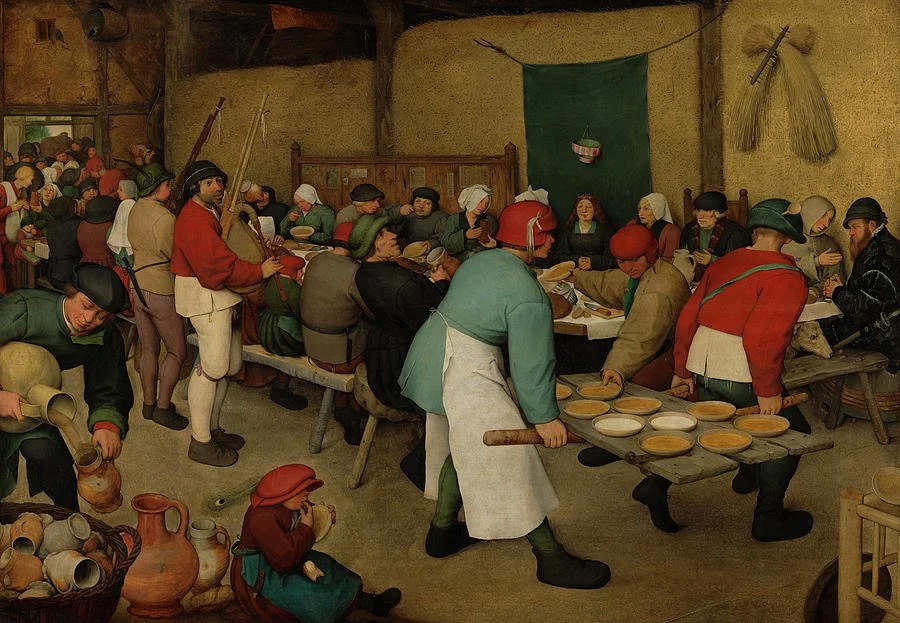






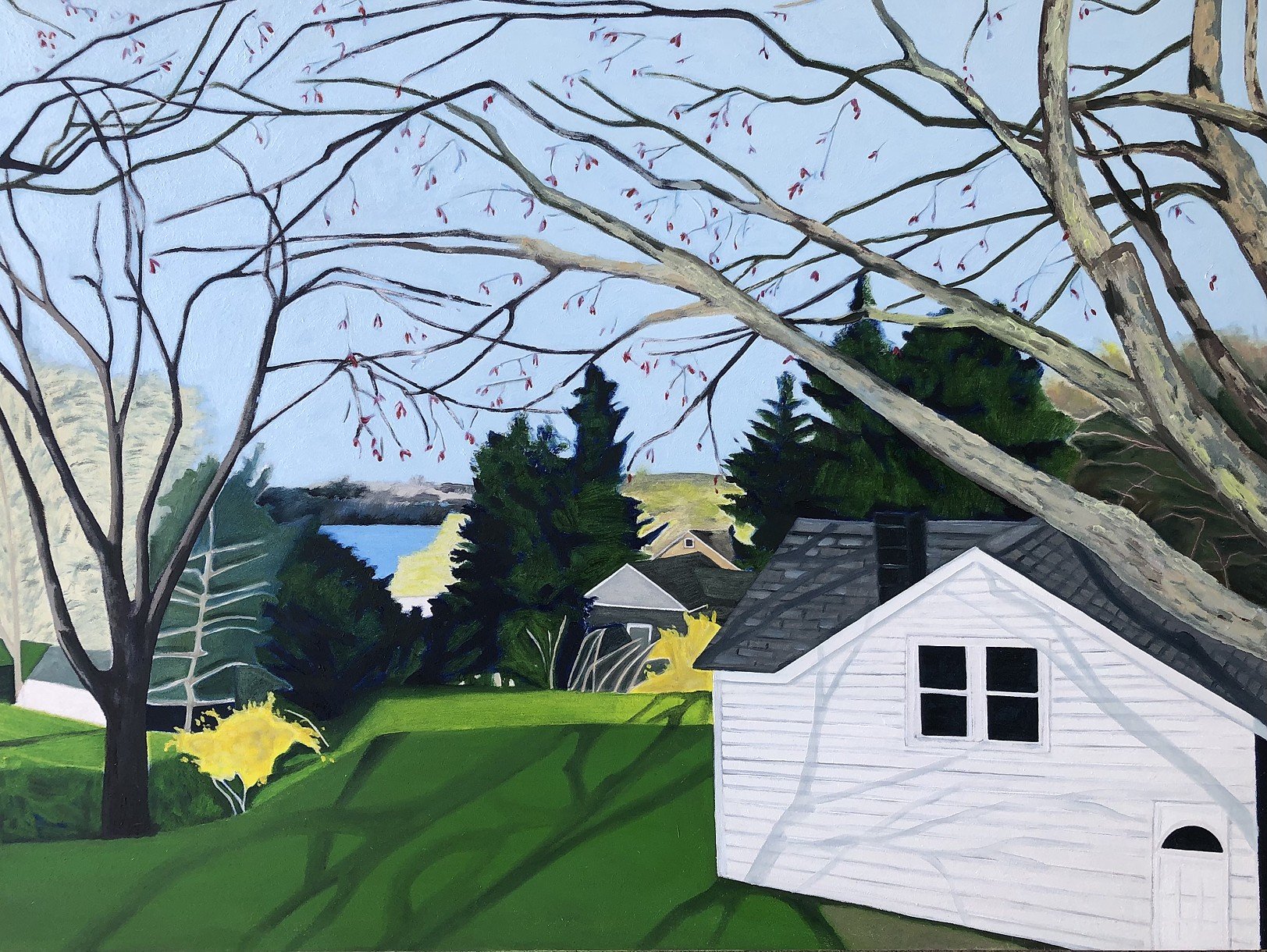
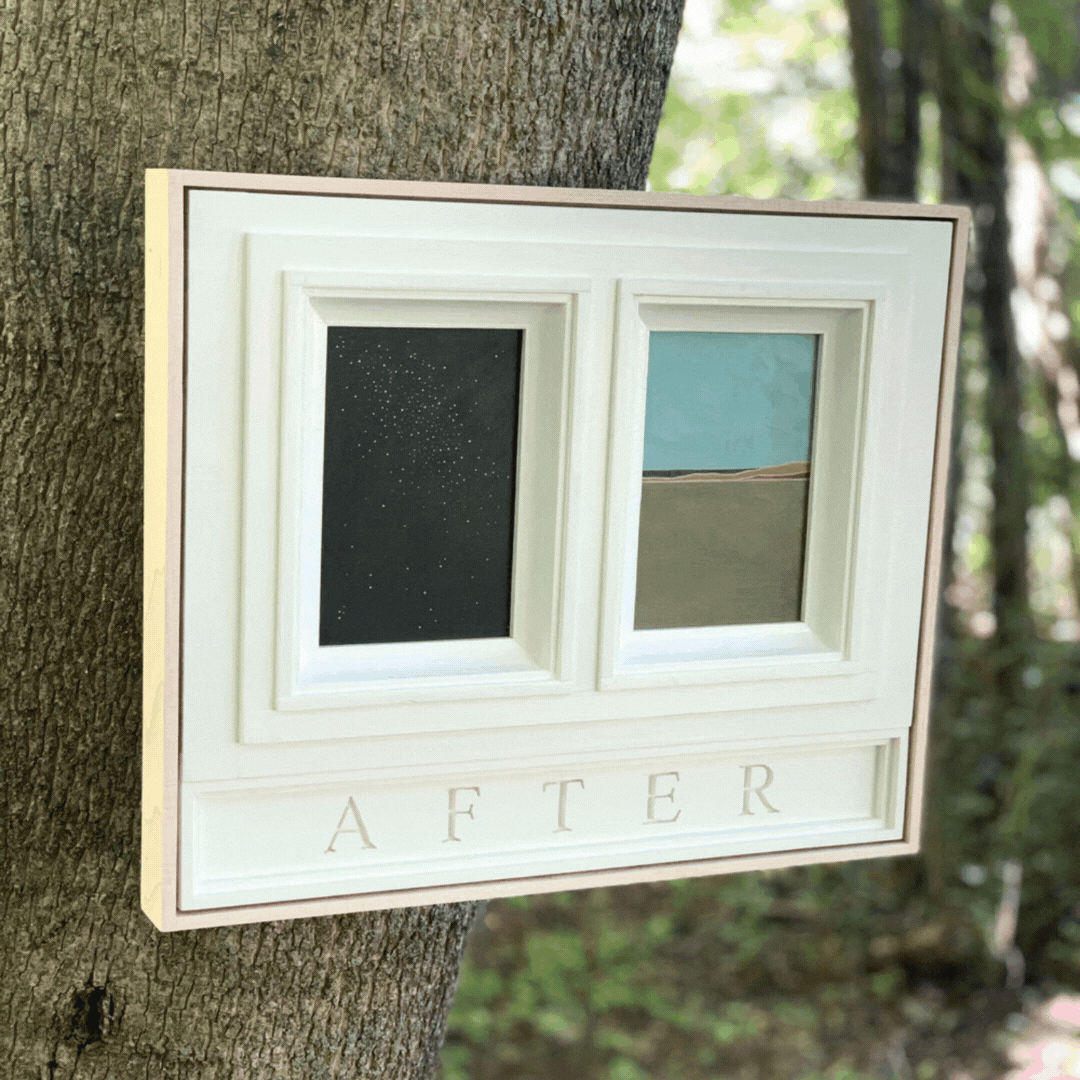

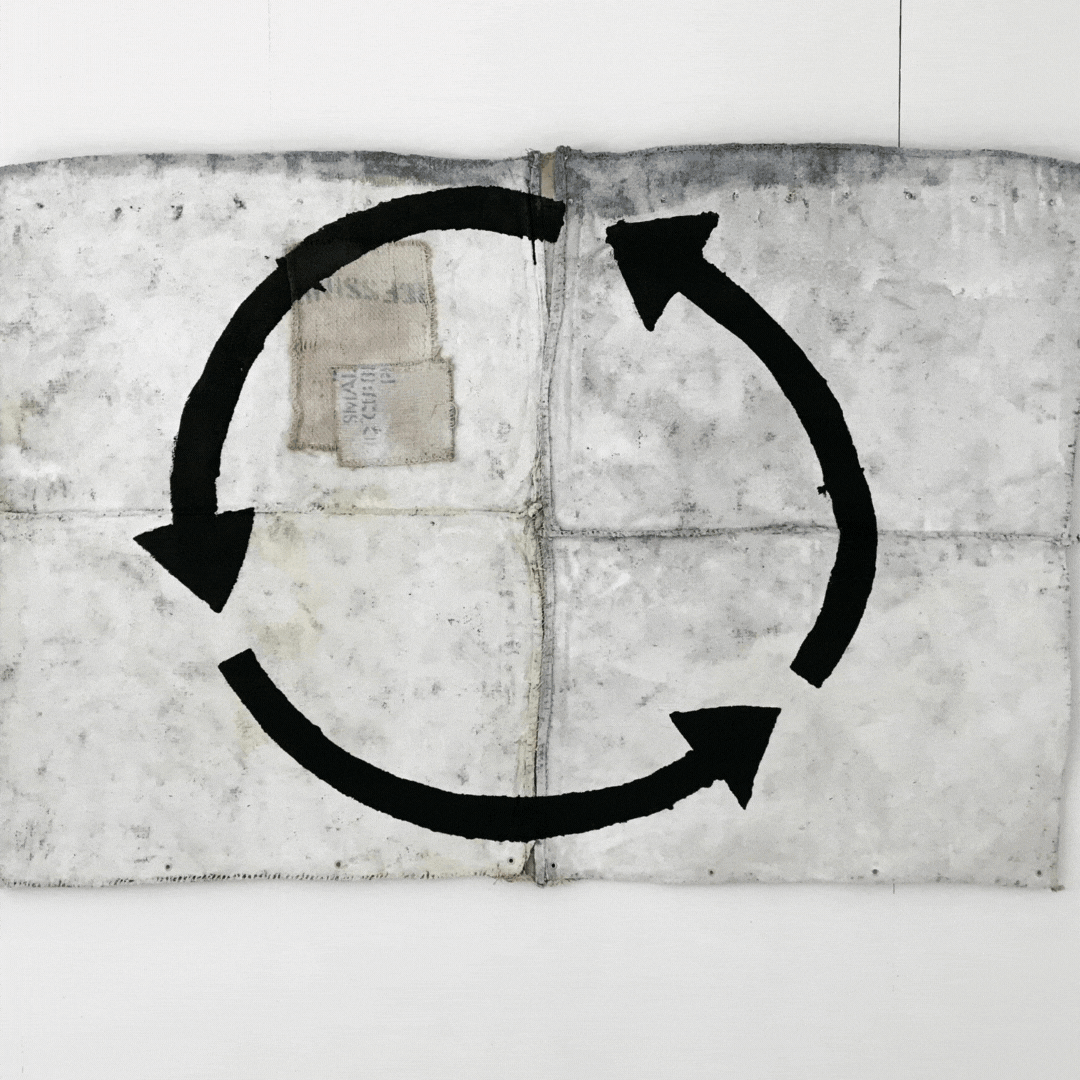

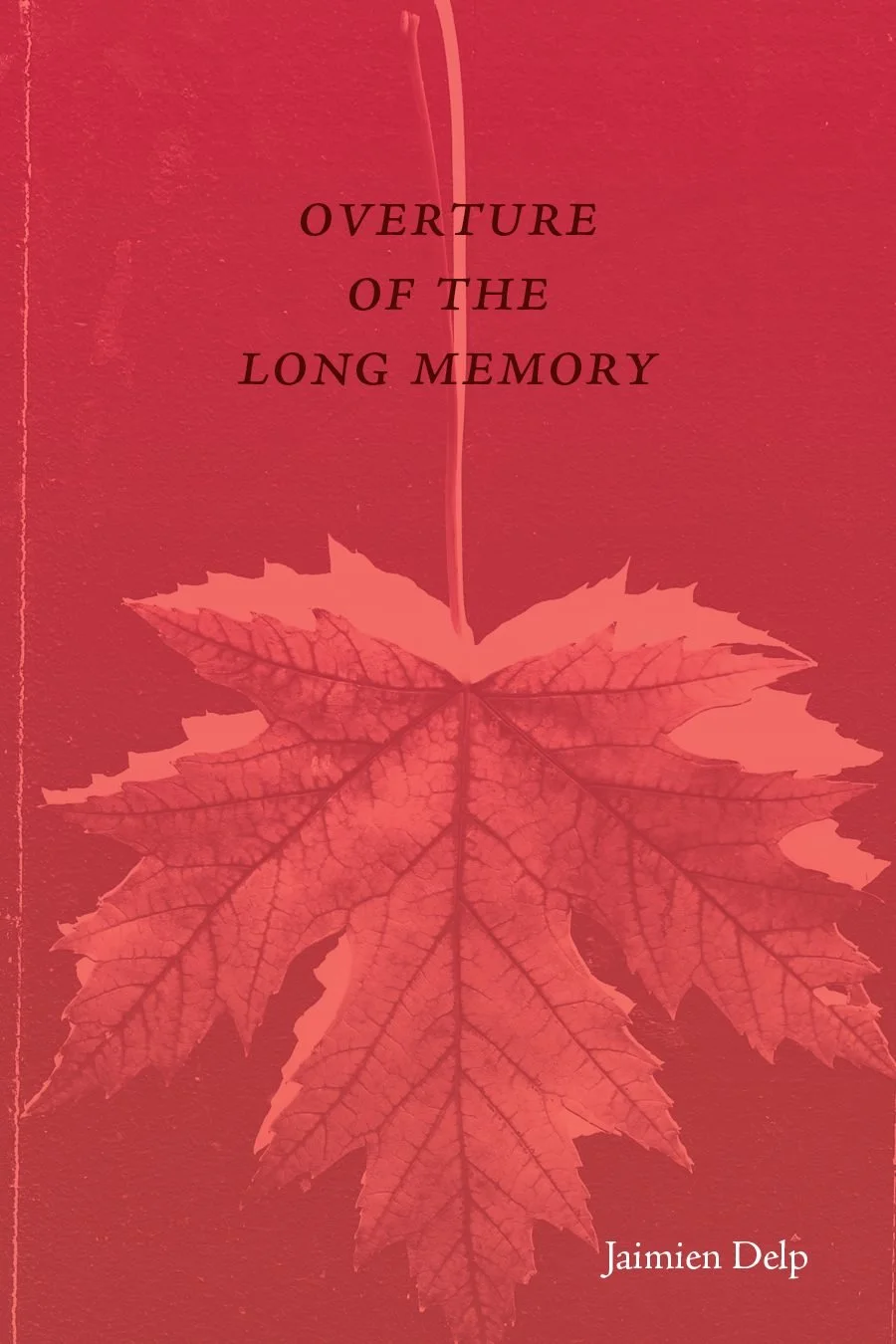



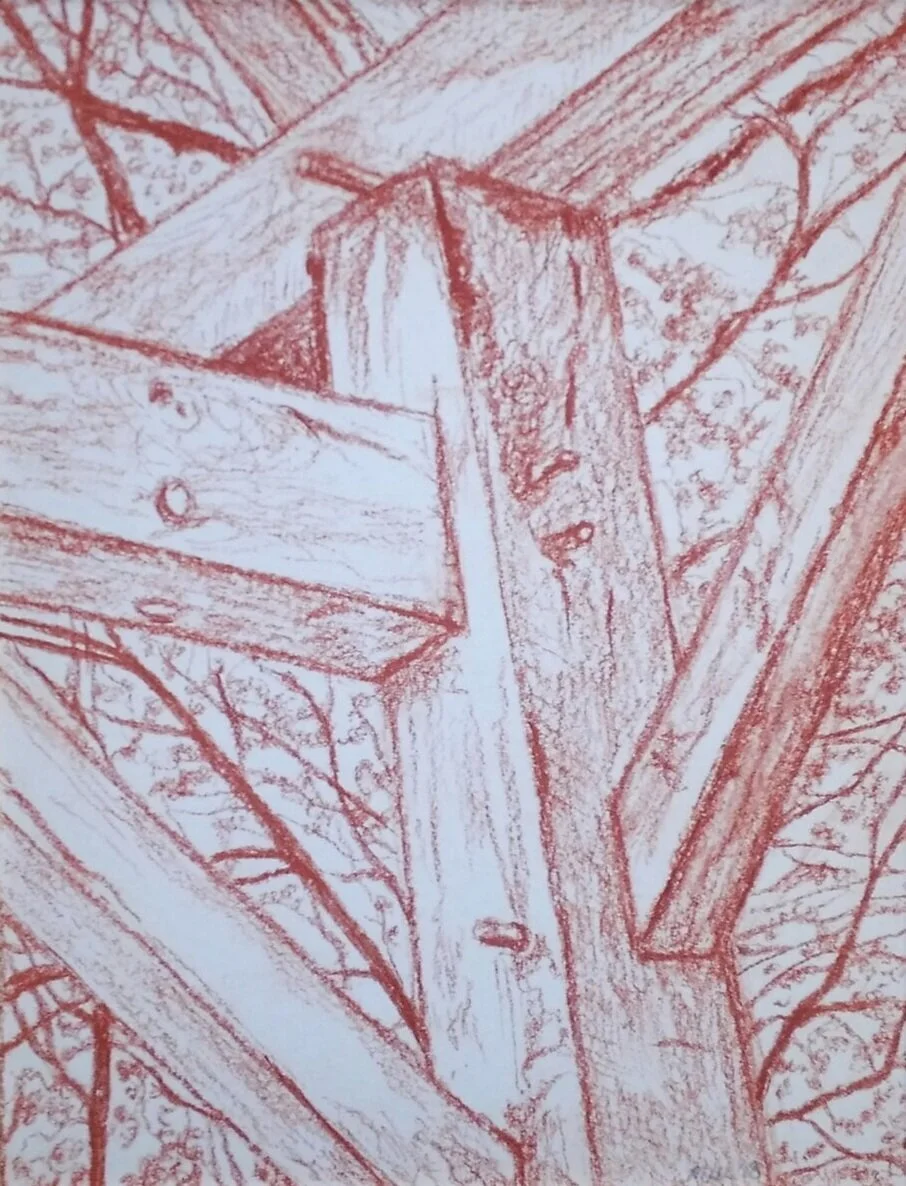



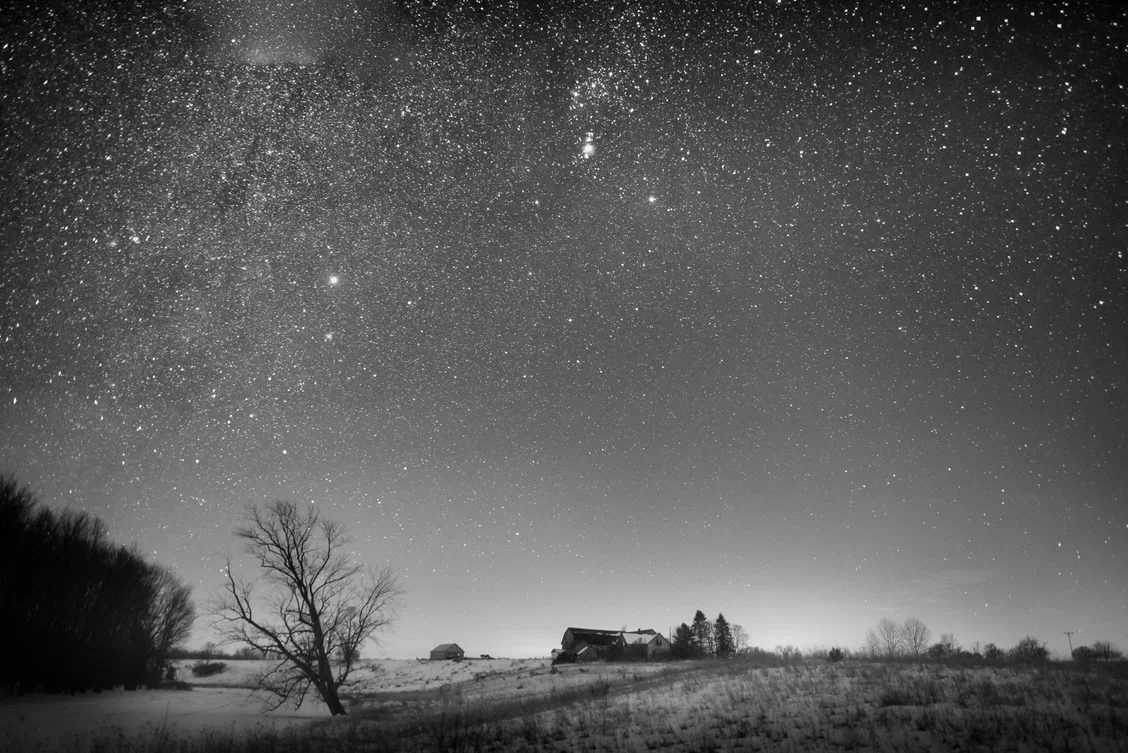
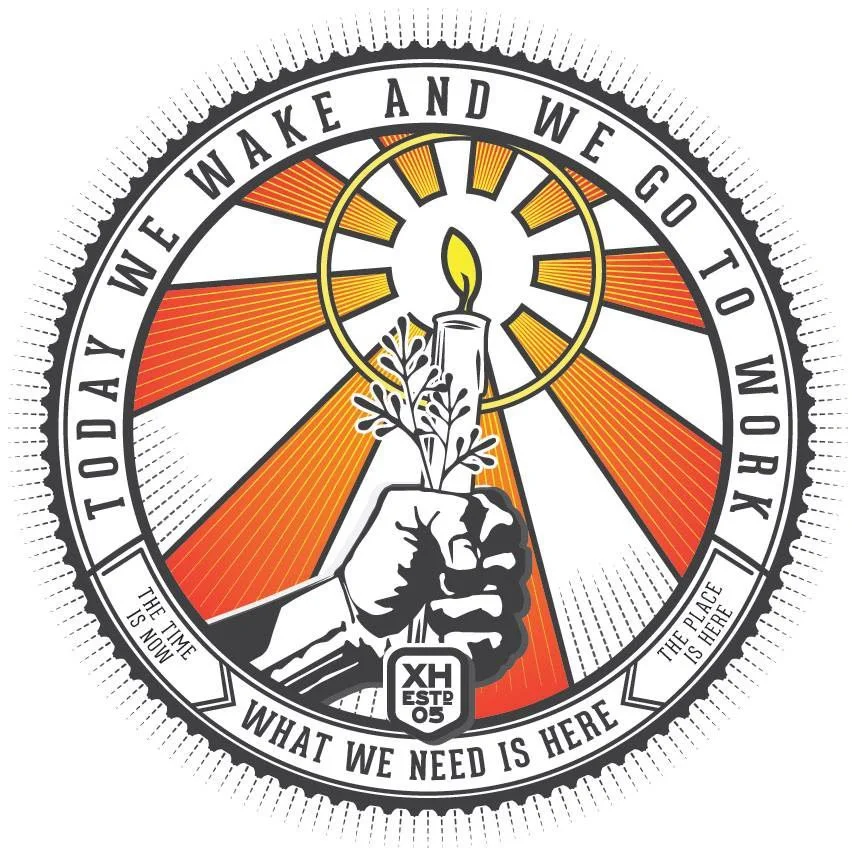

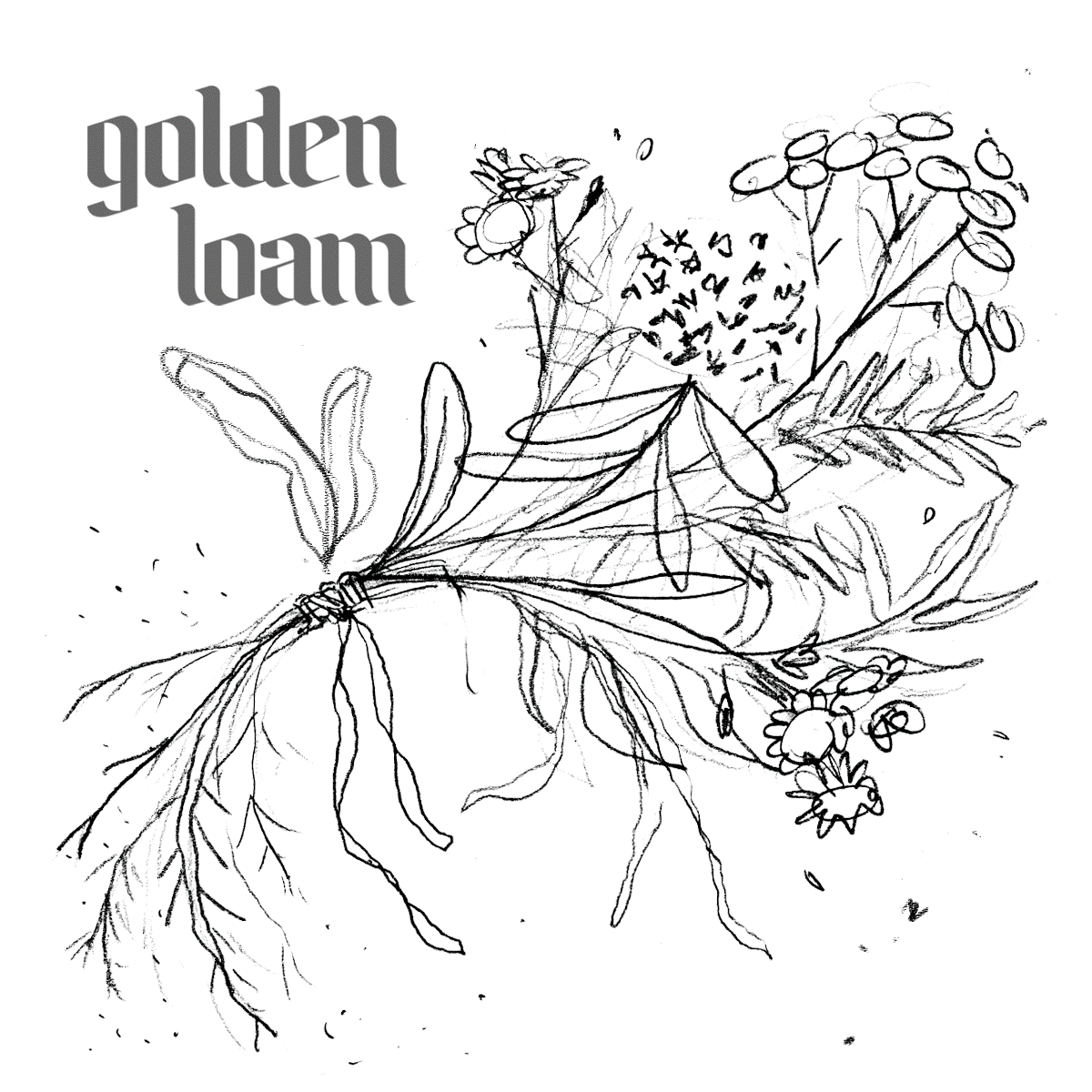



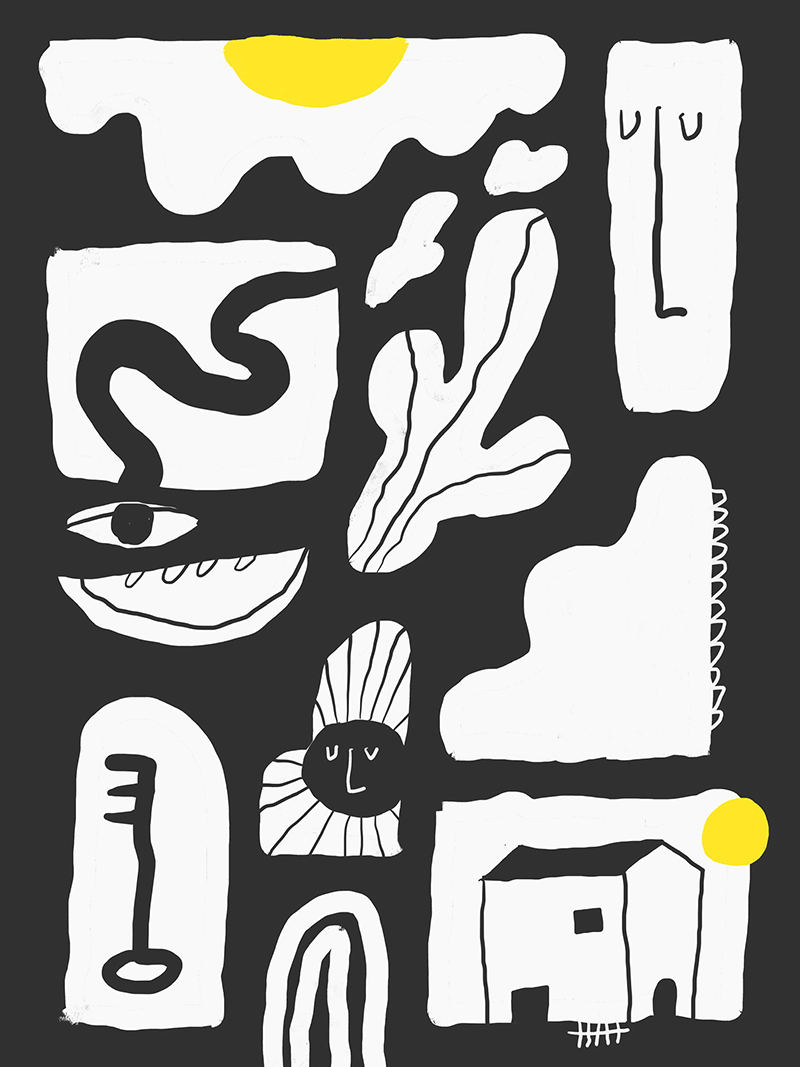

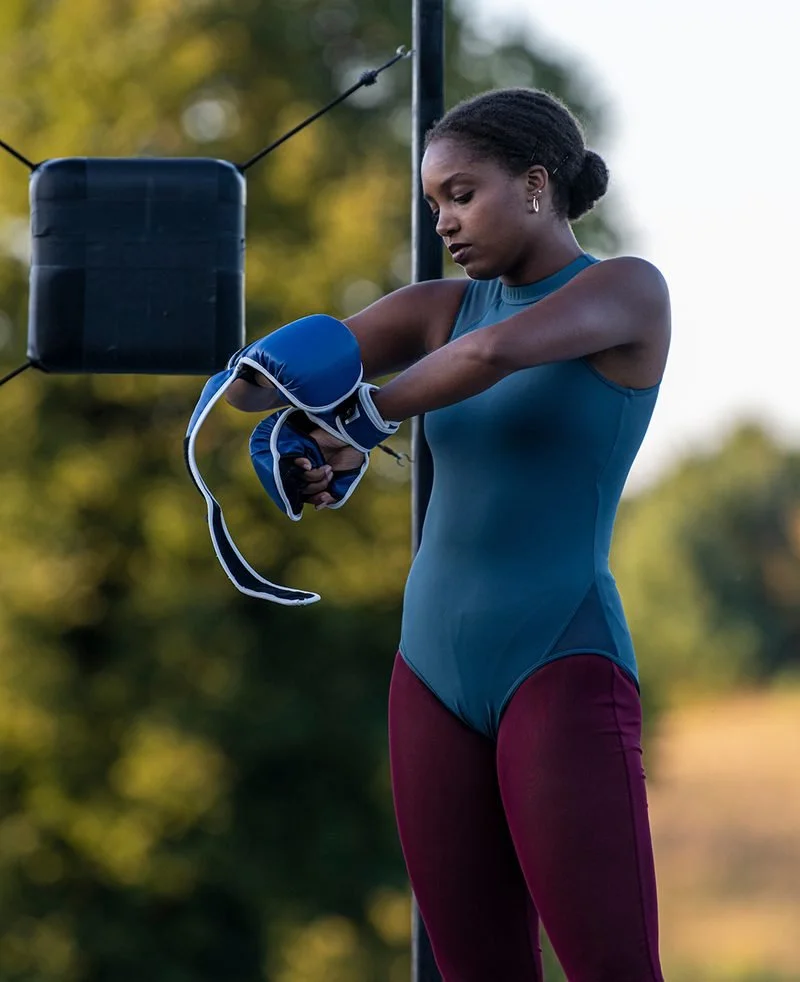




In This Issue: an excerpt from Who’s In? Who’s Out? And What Counts?